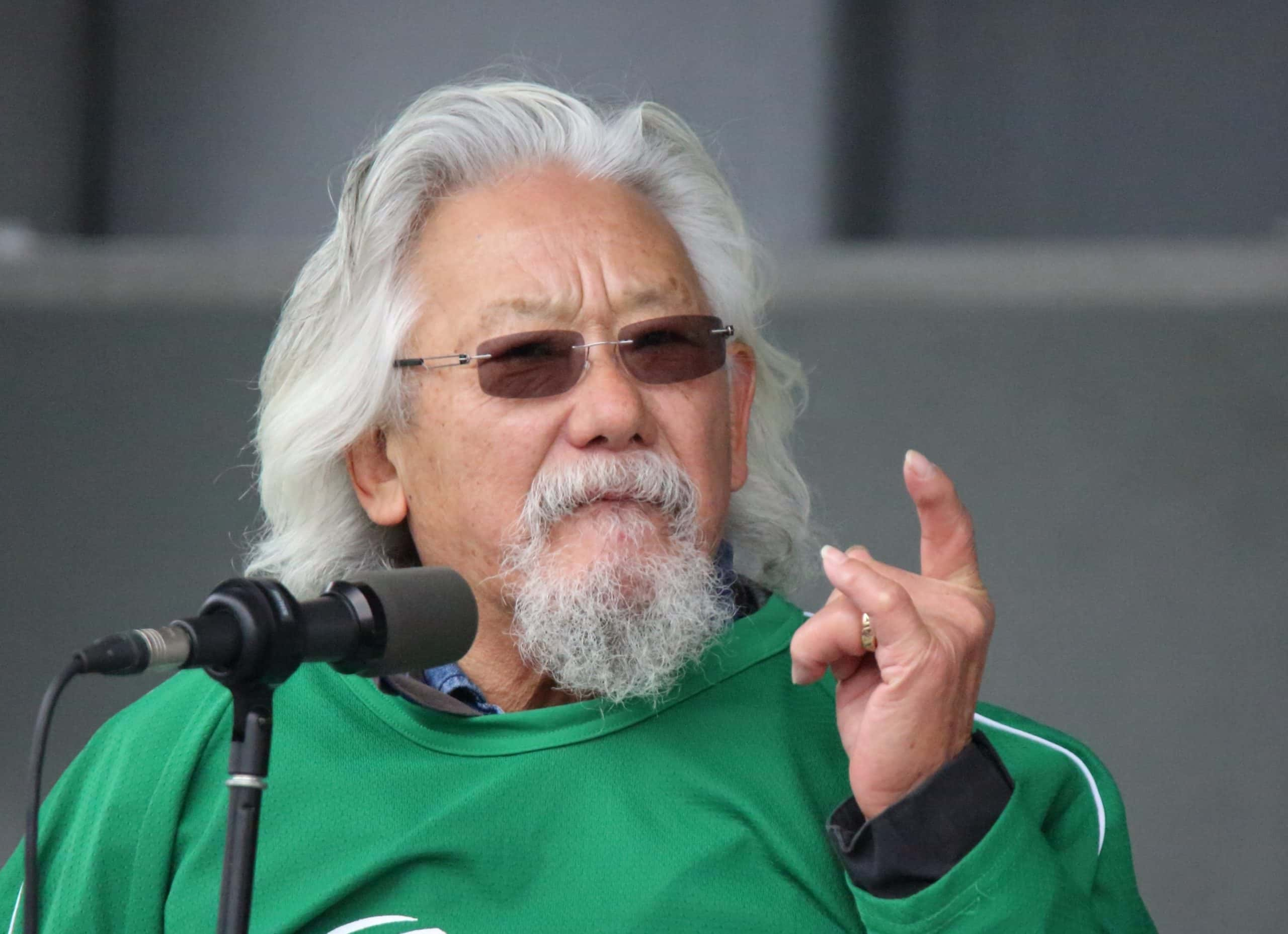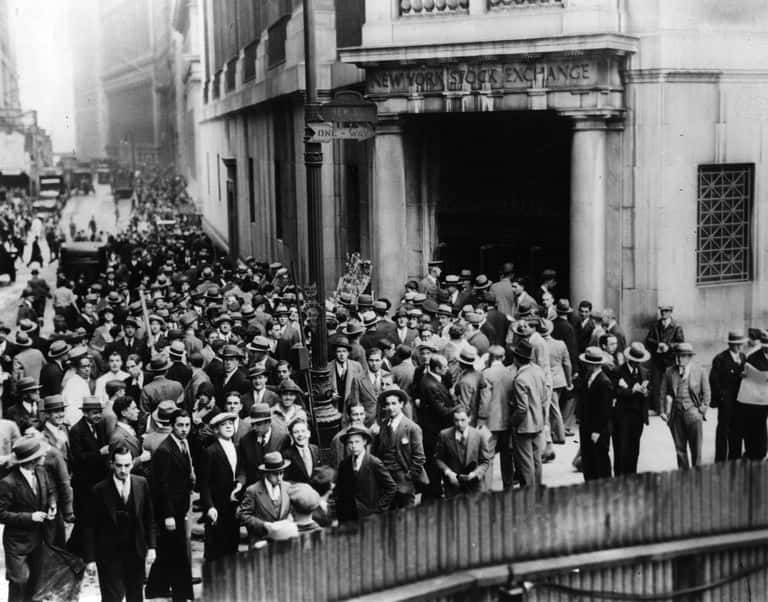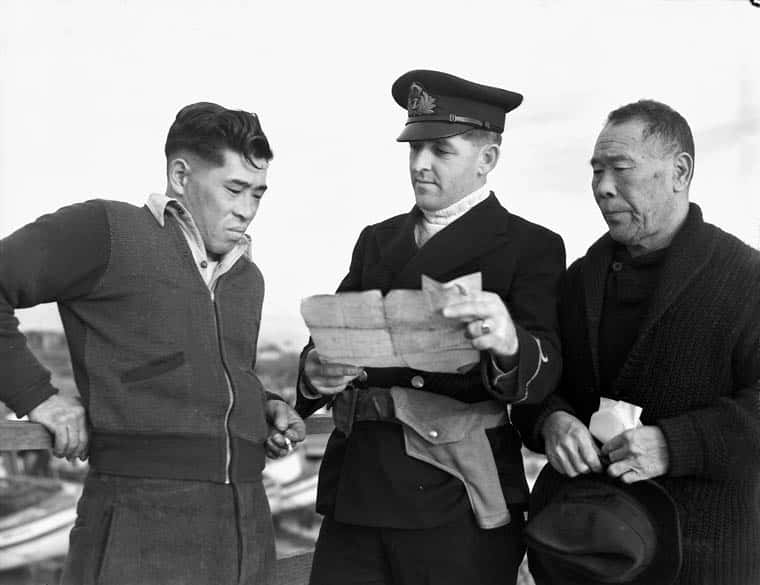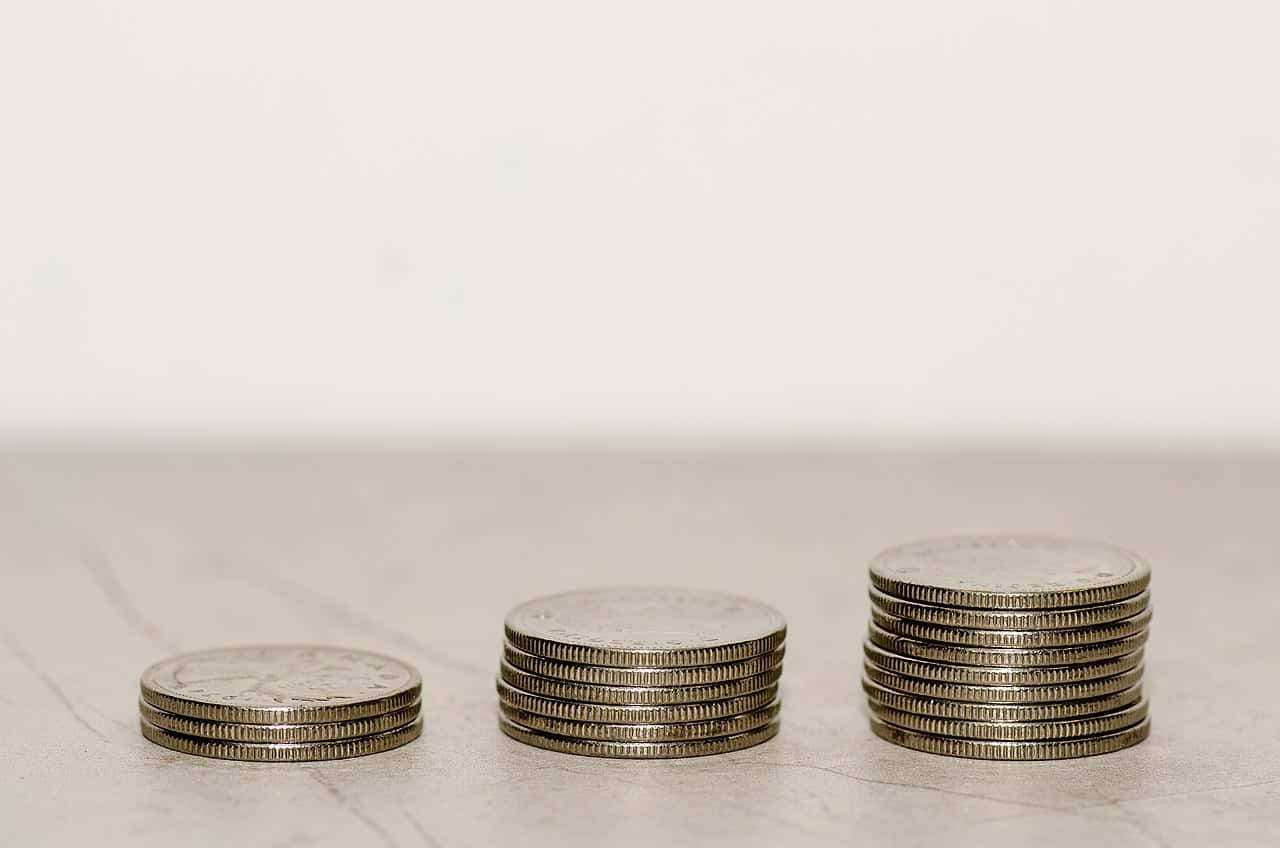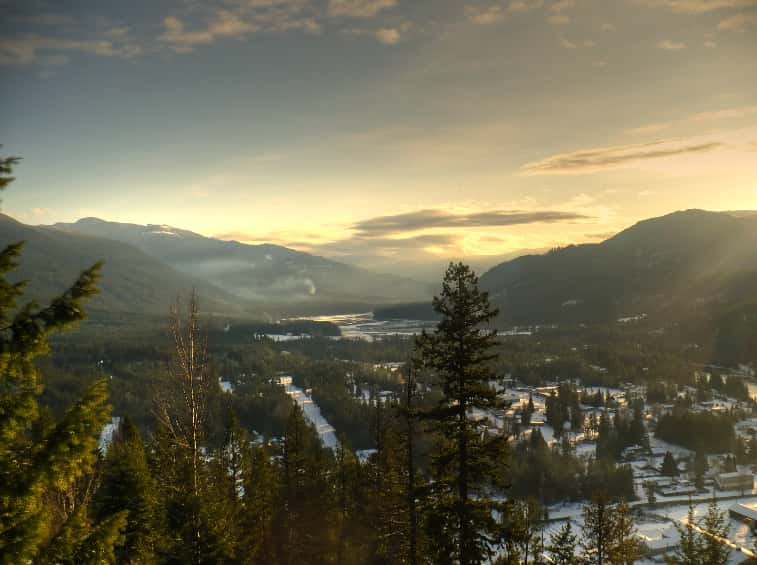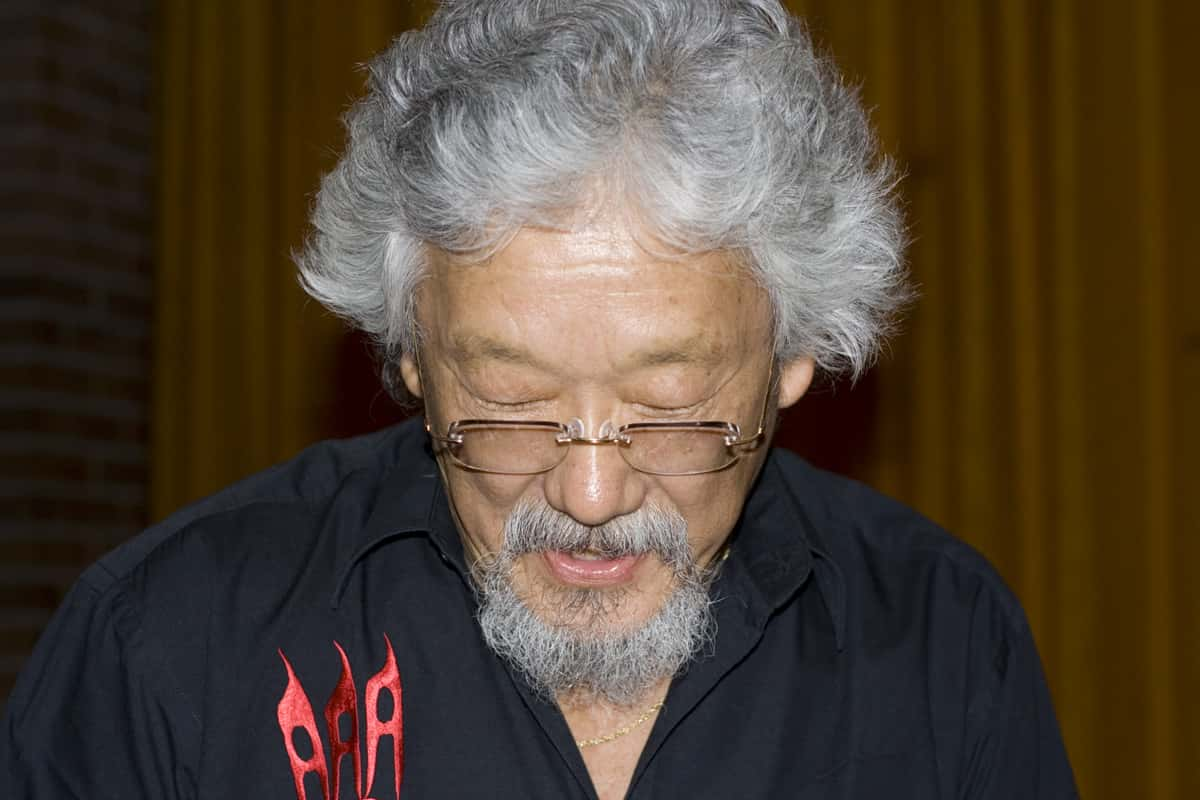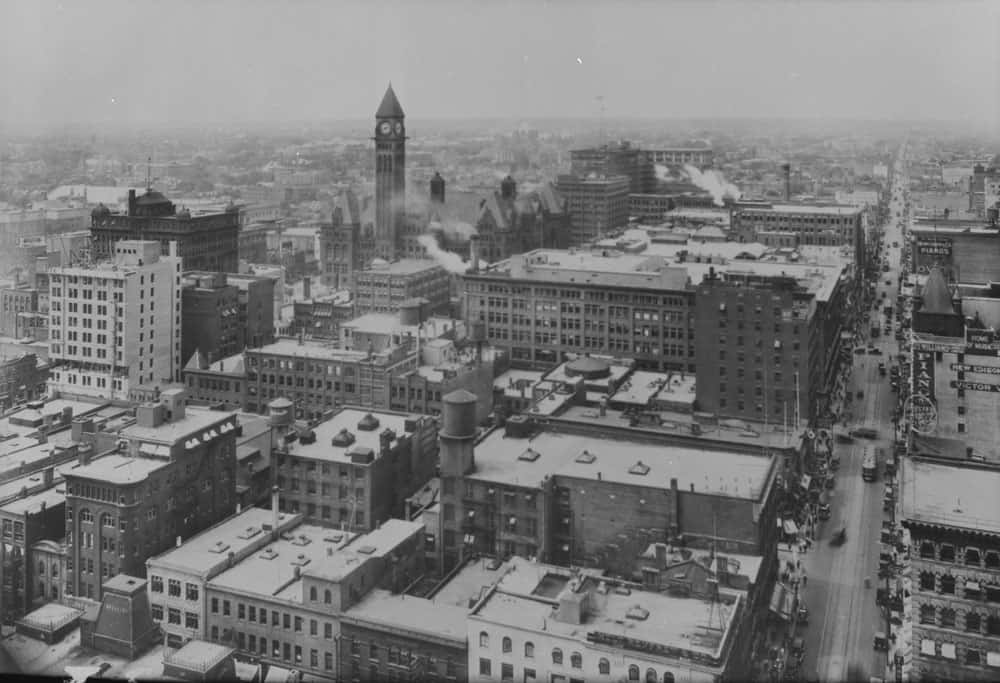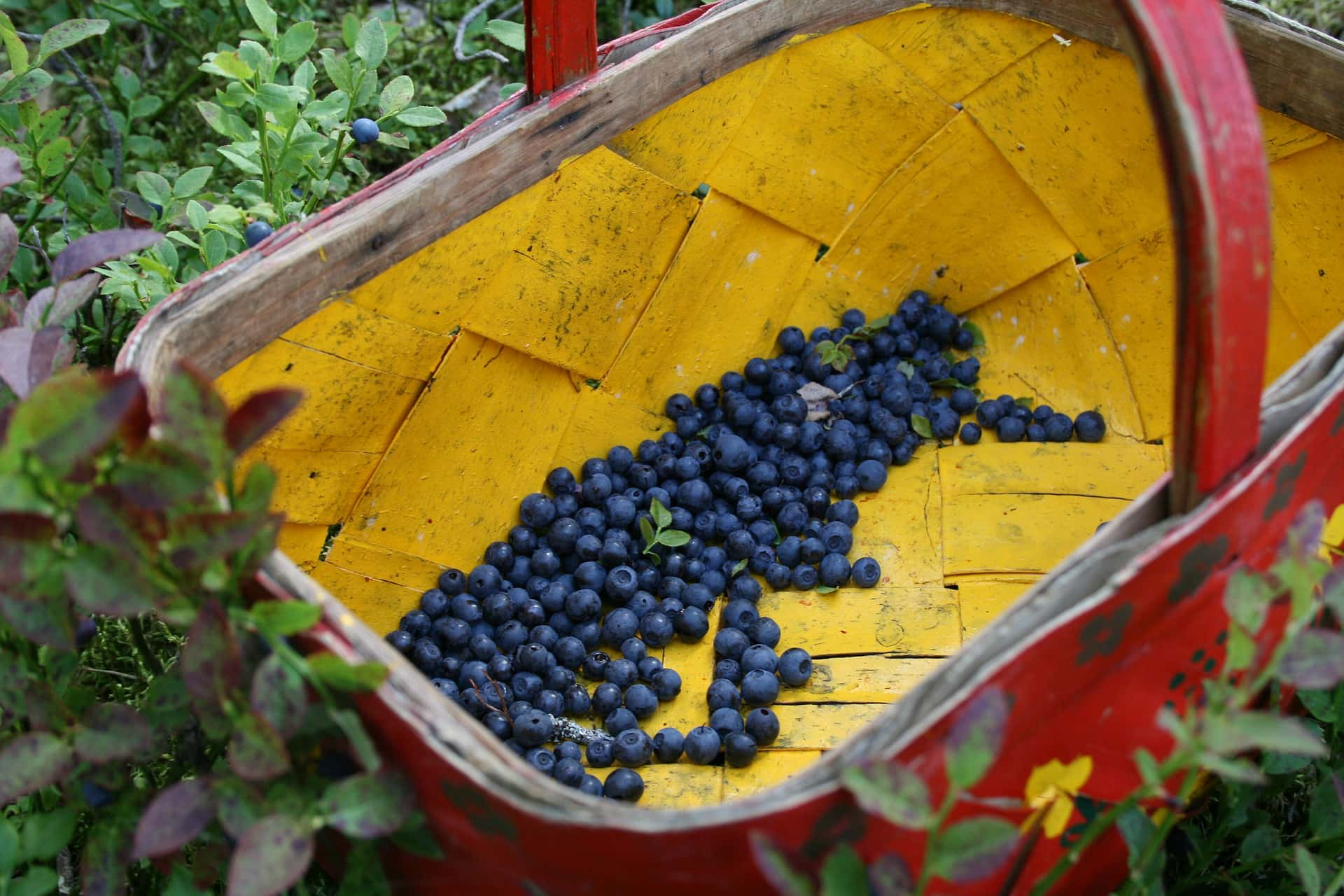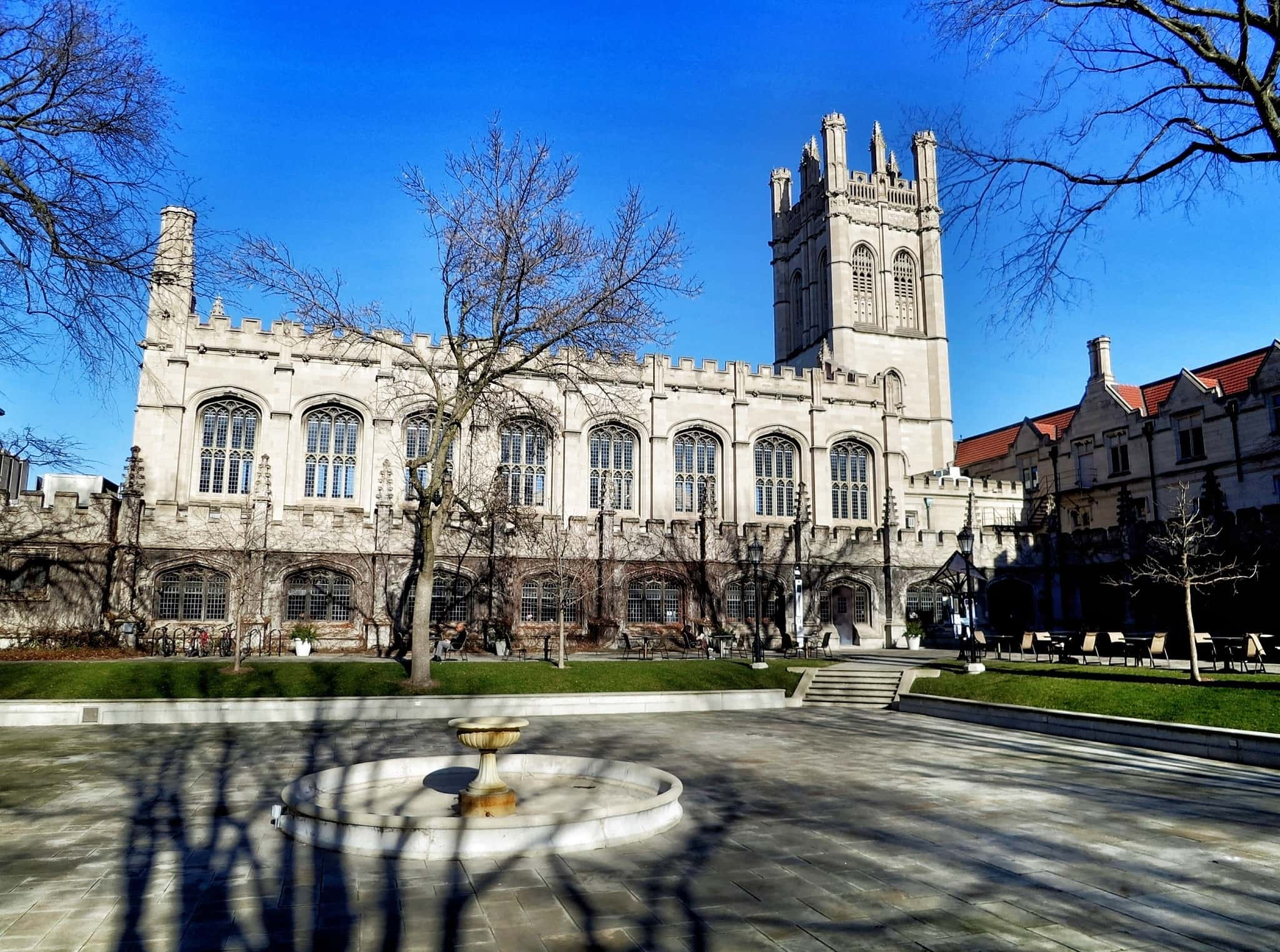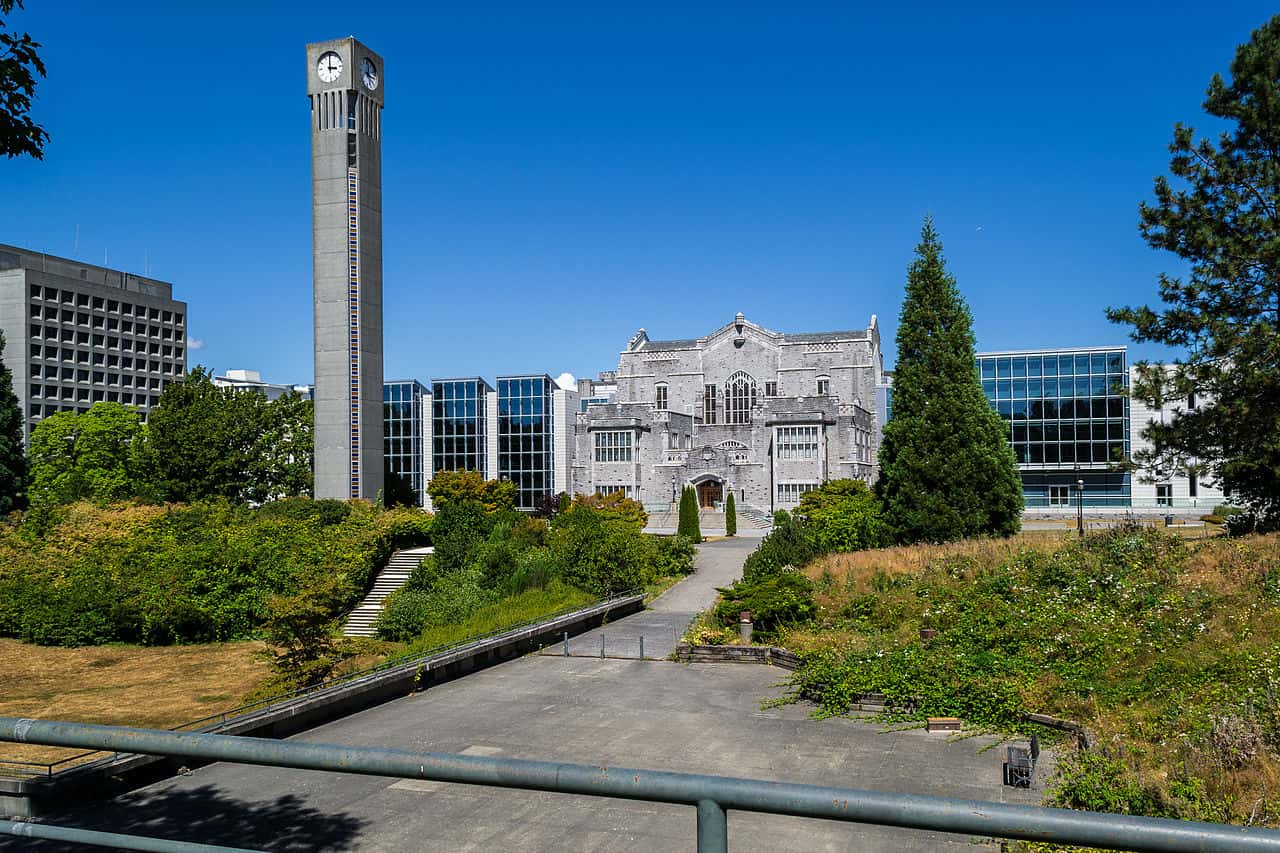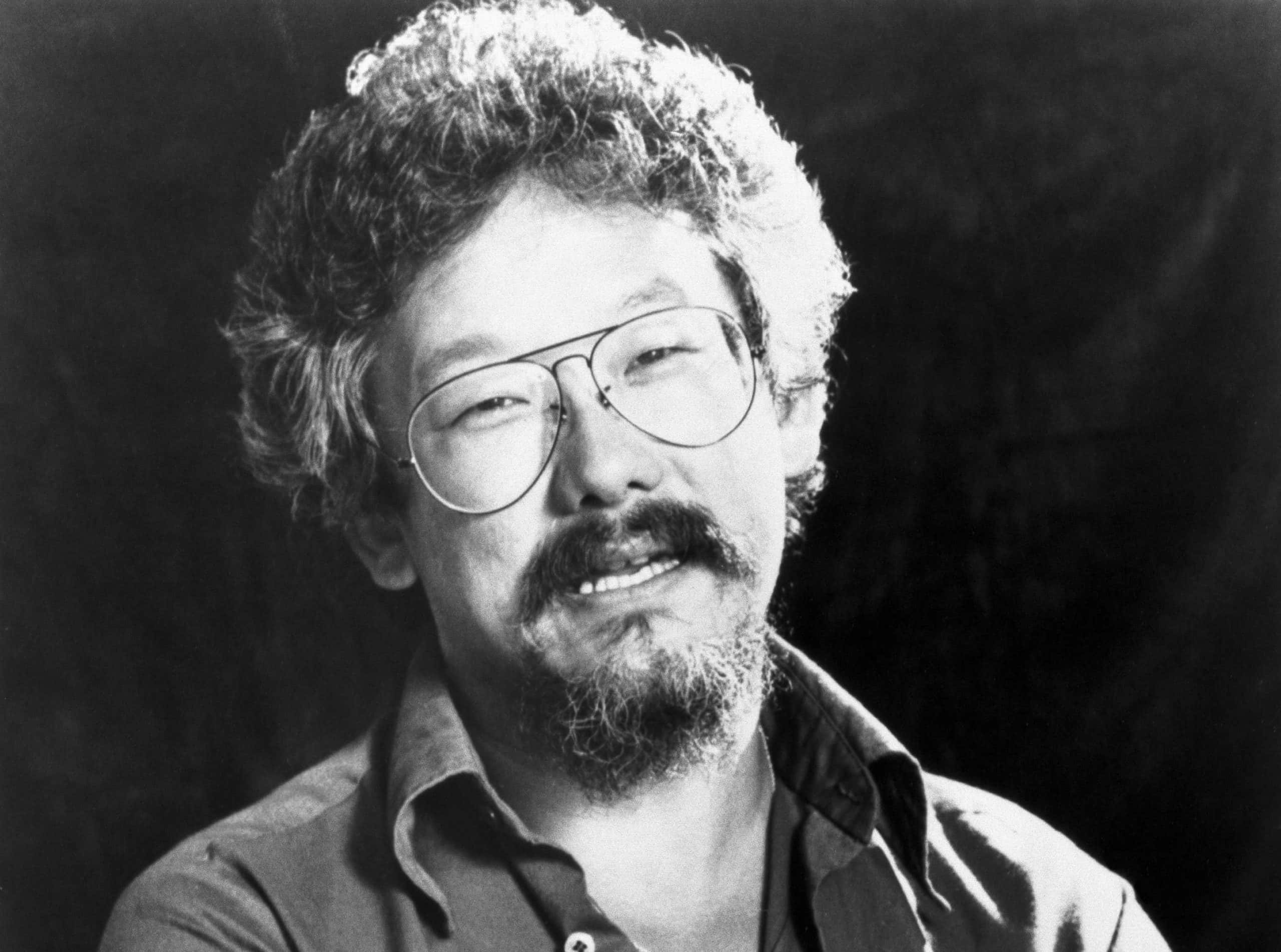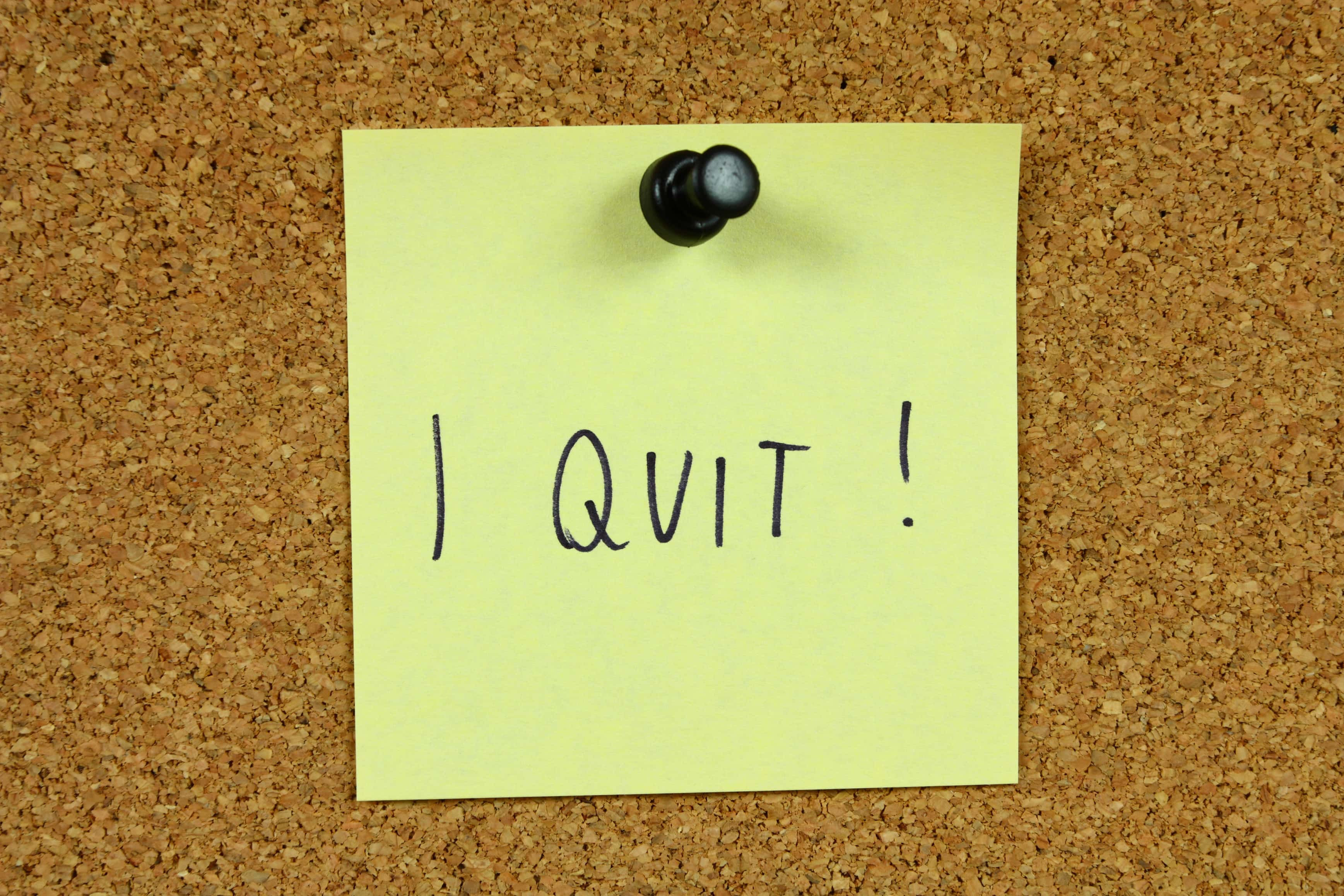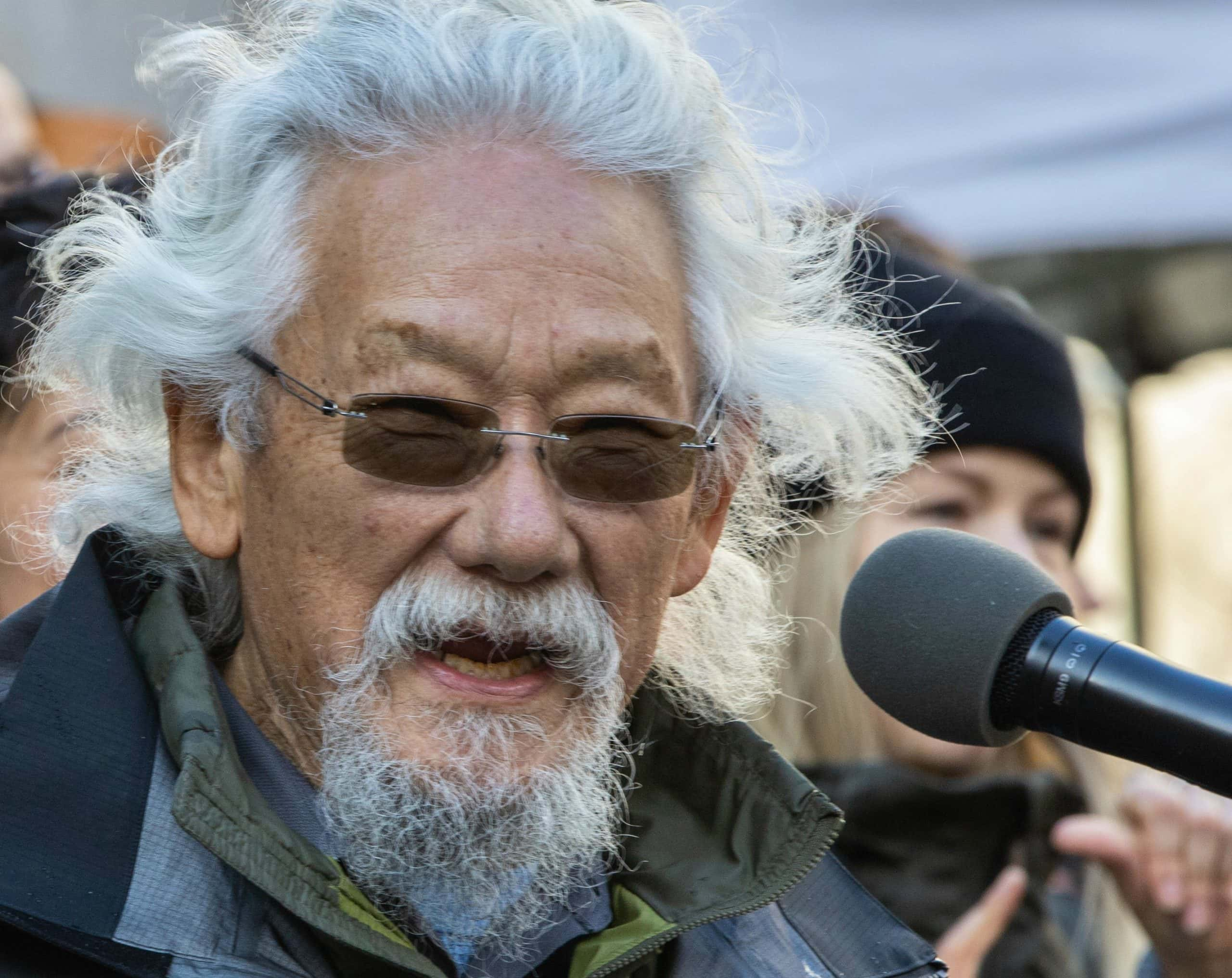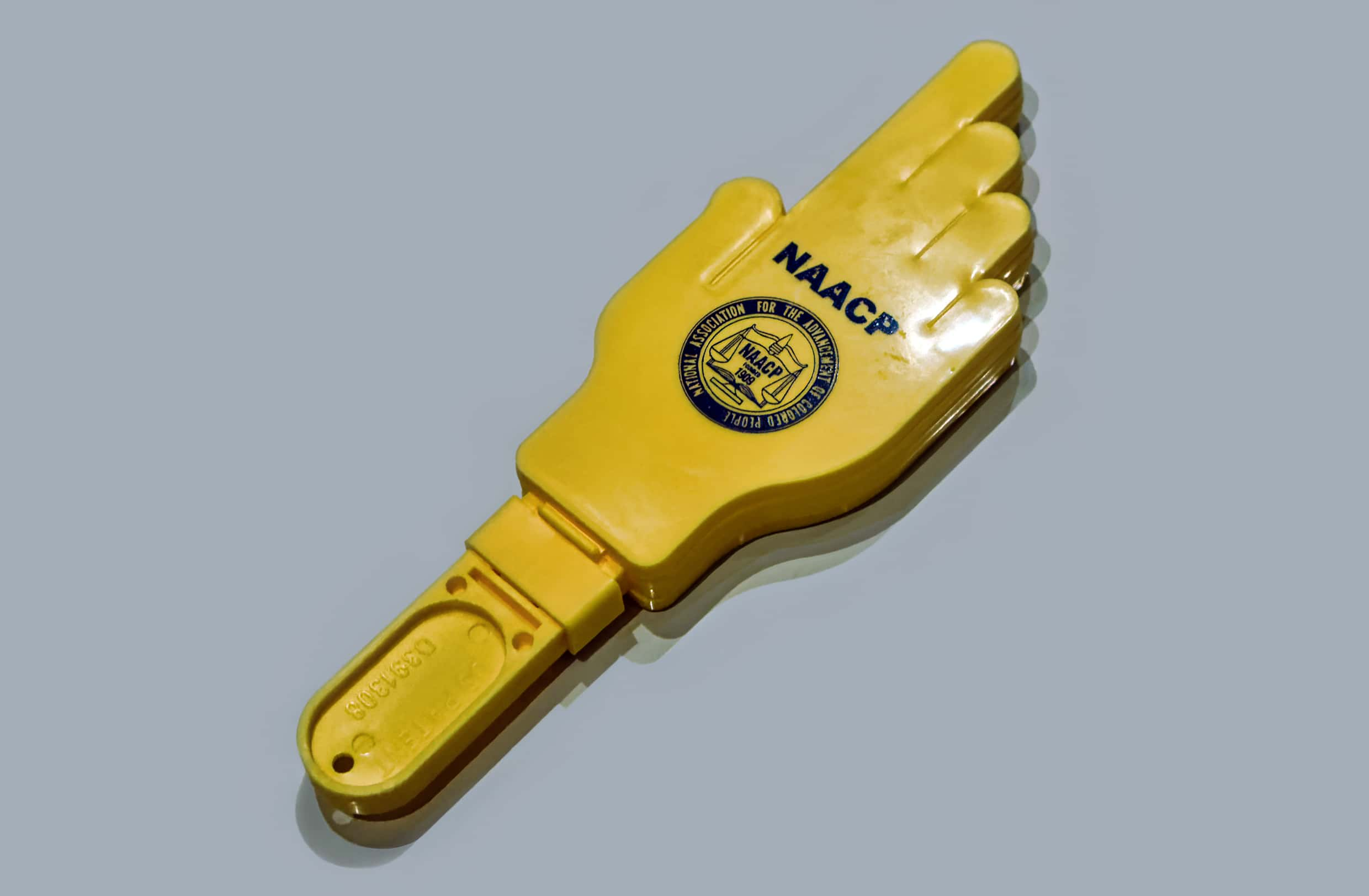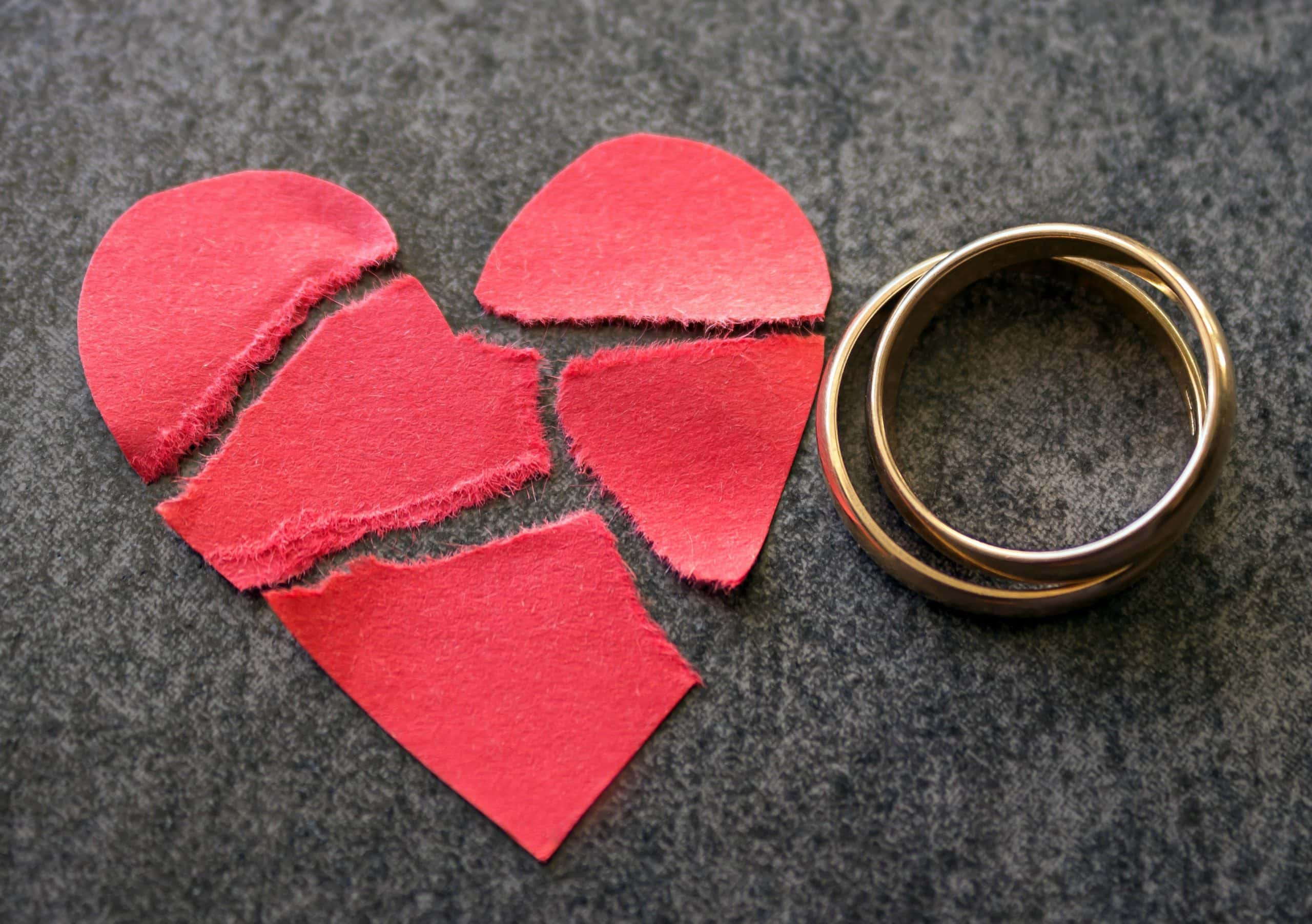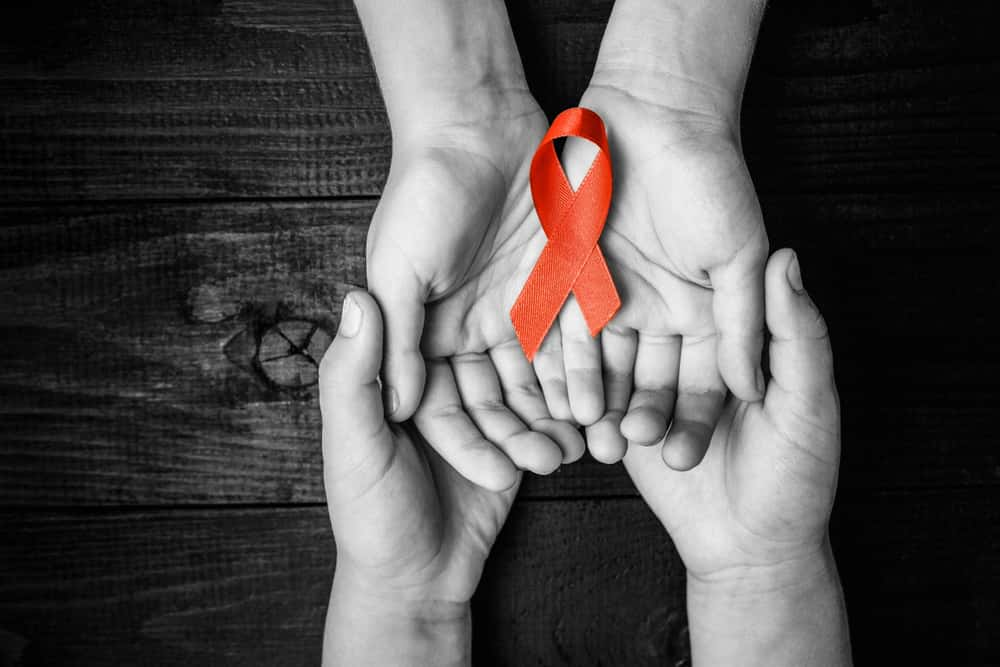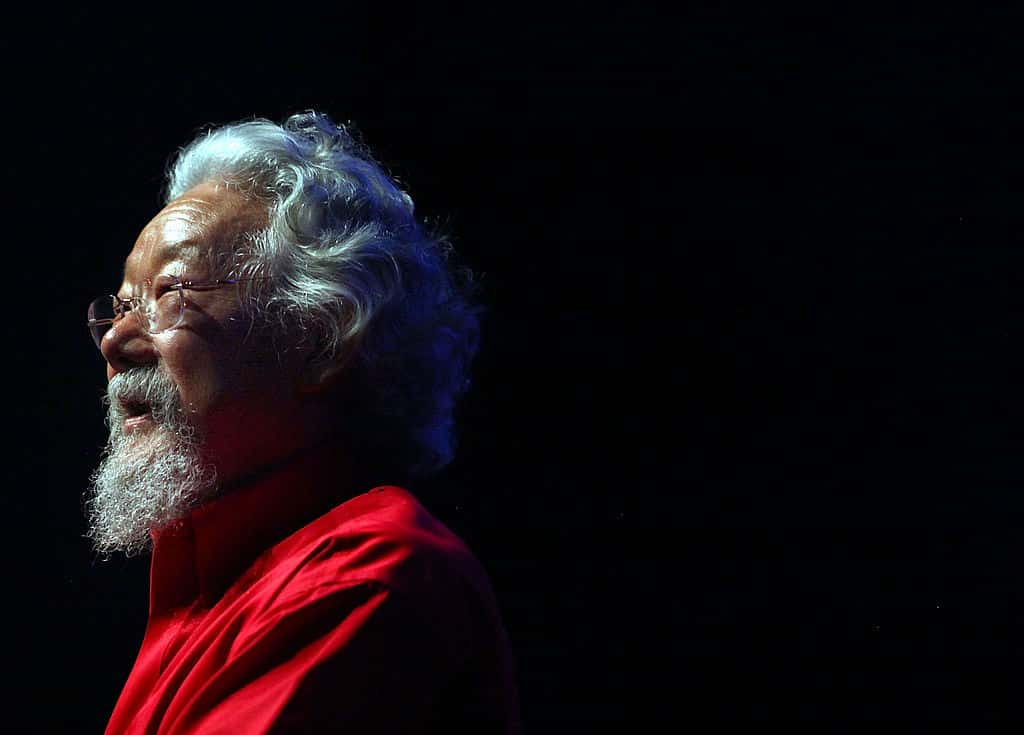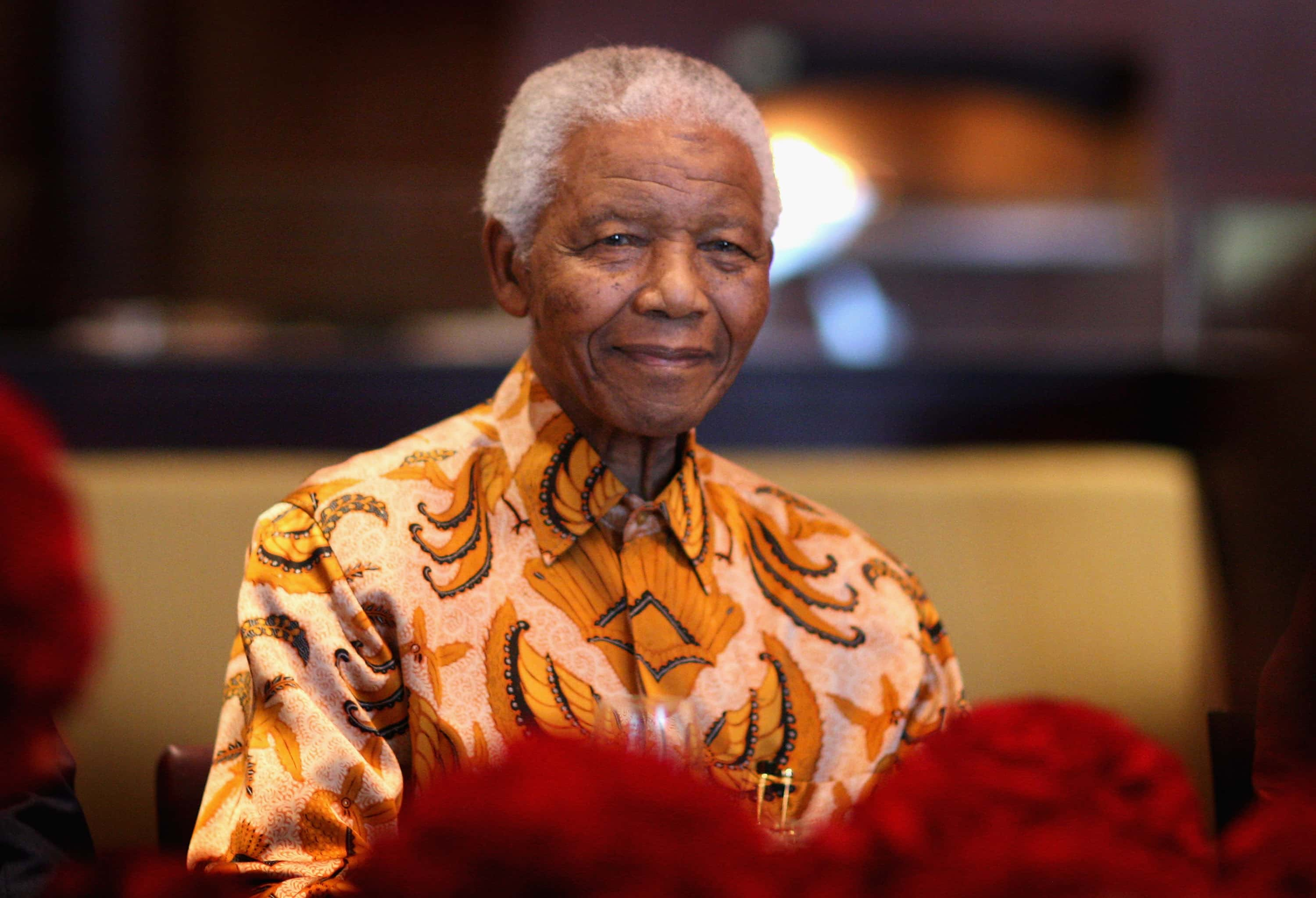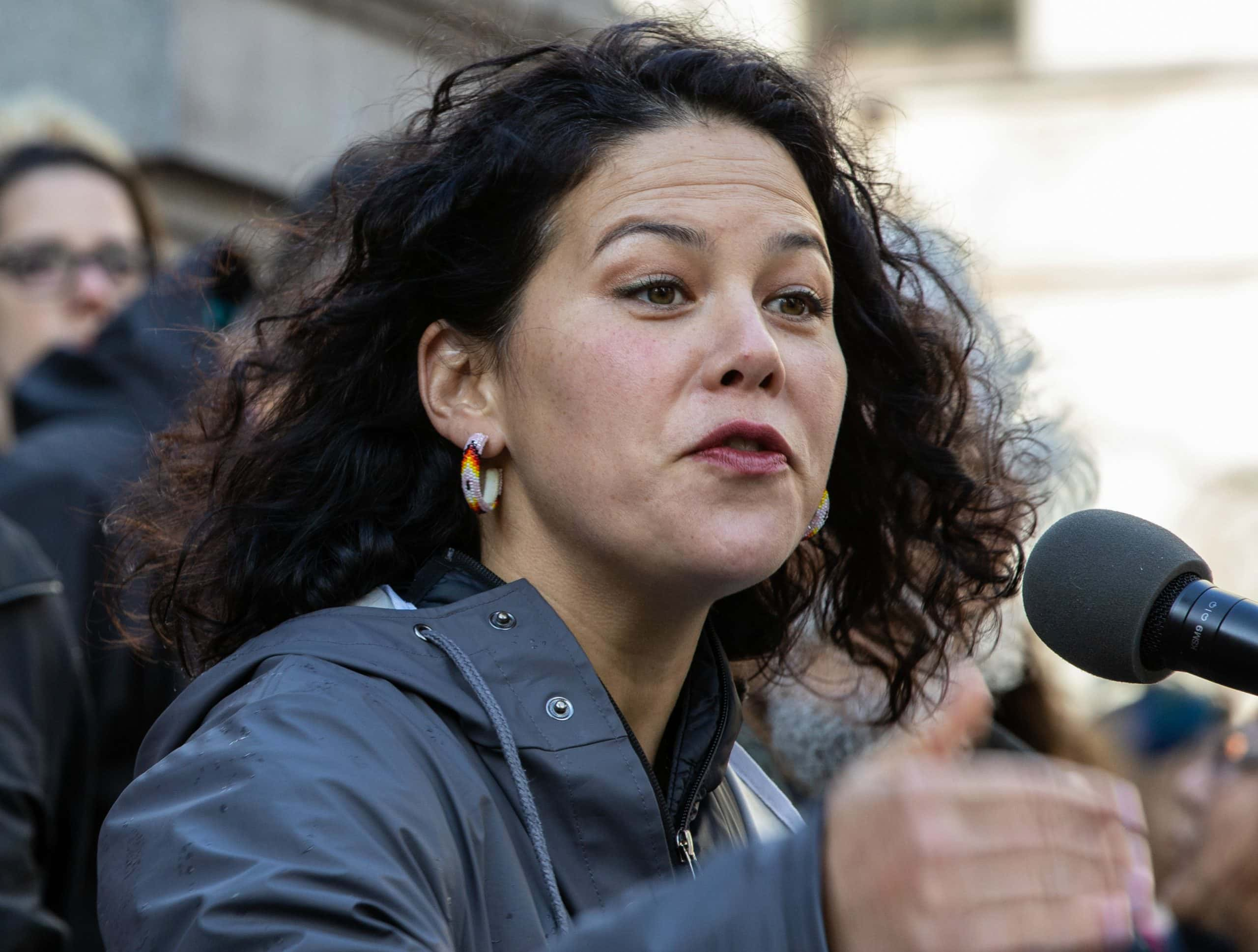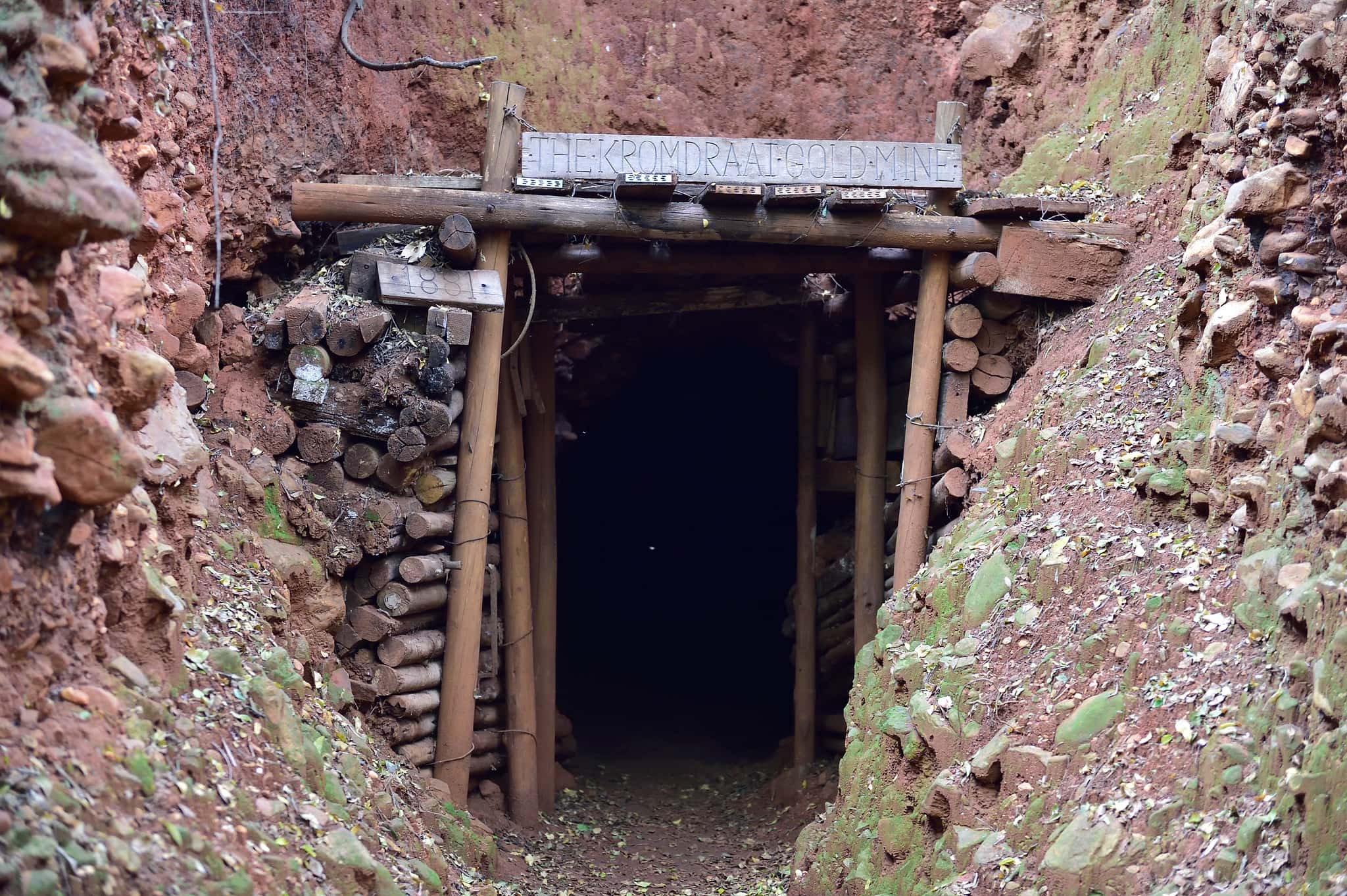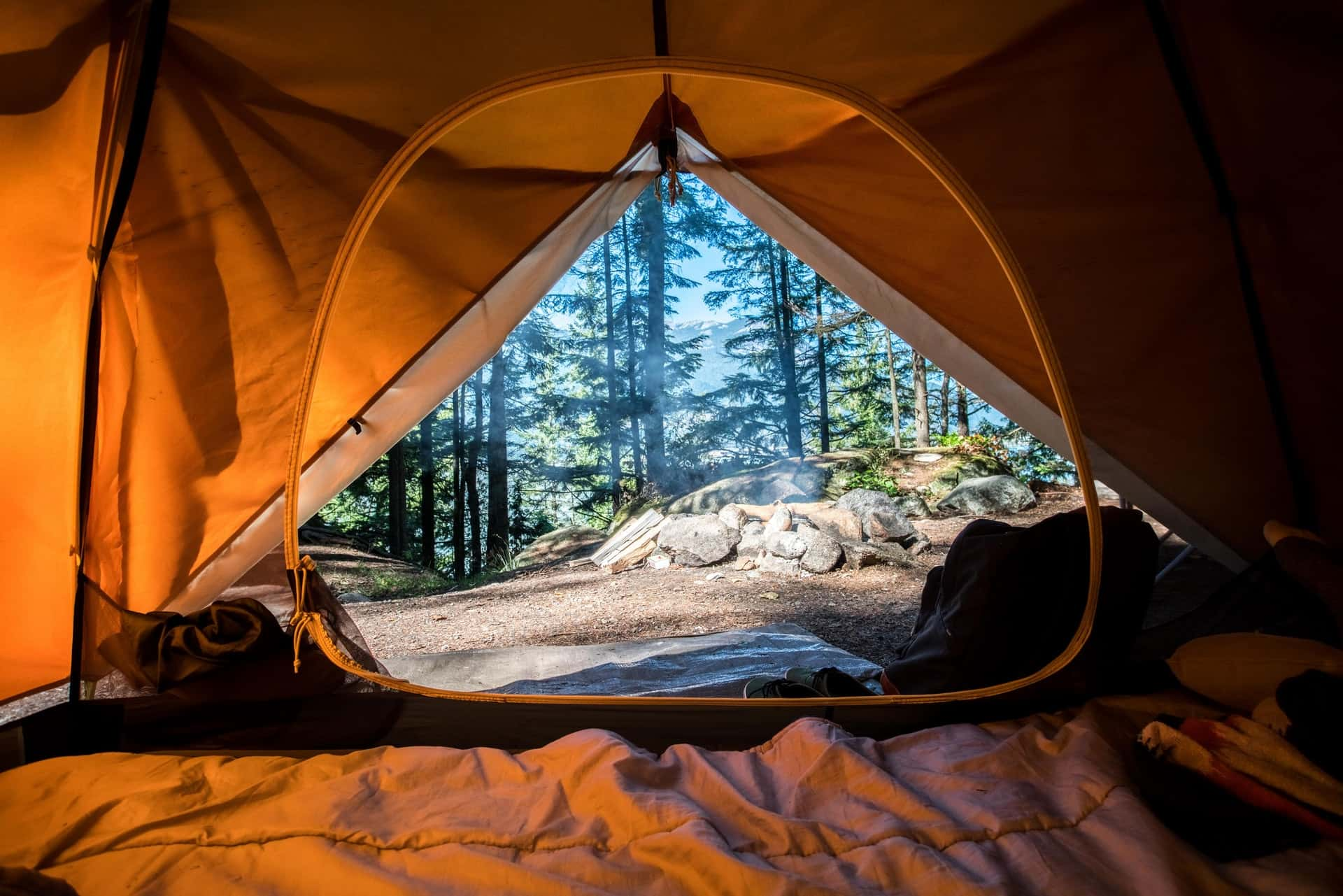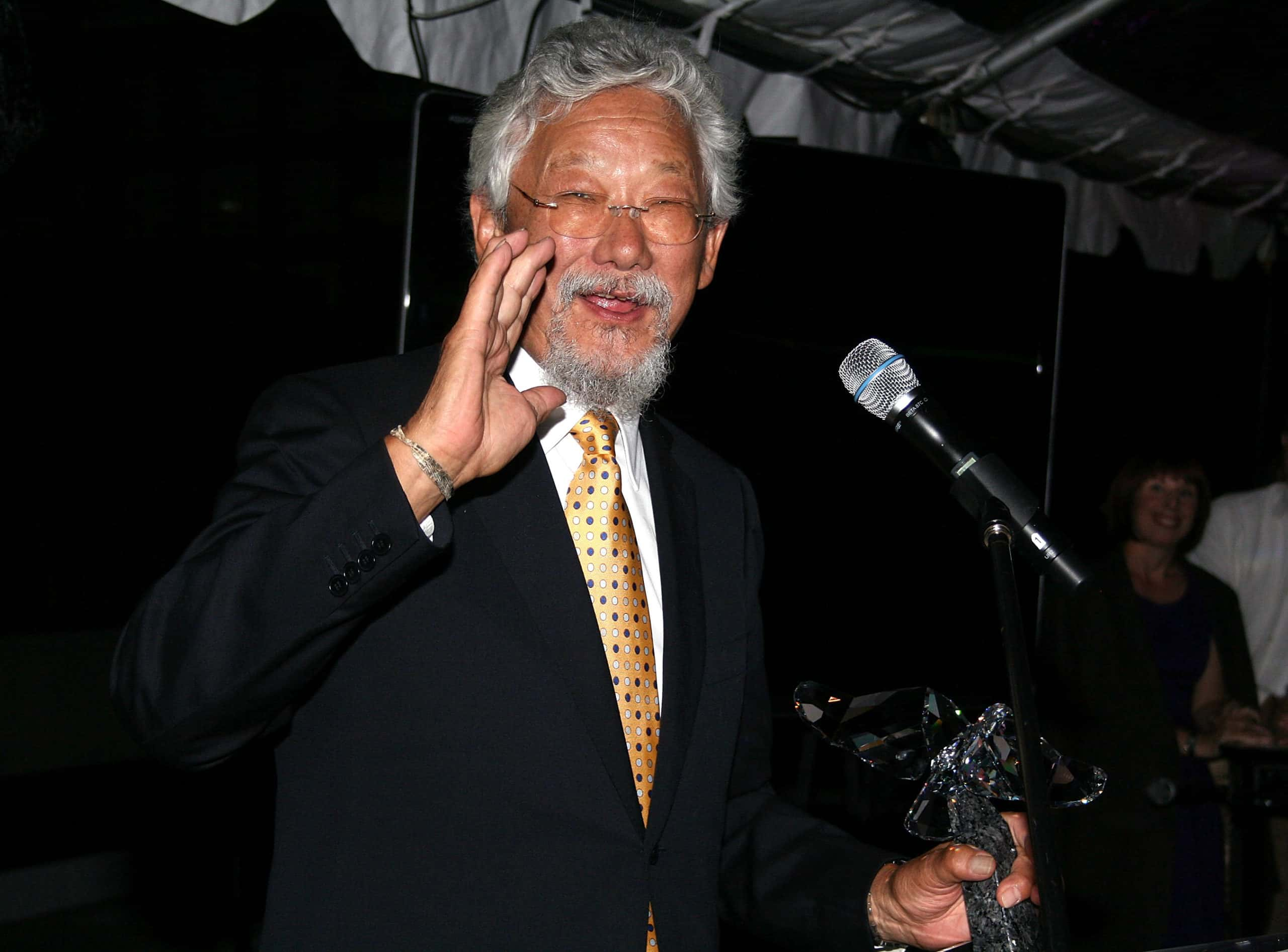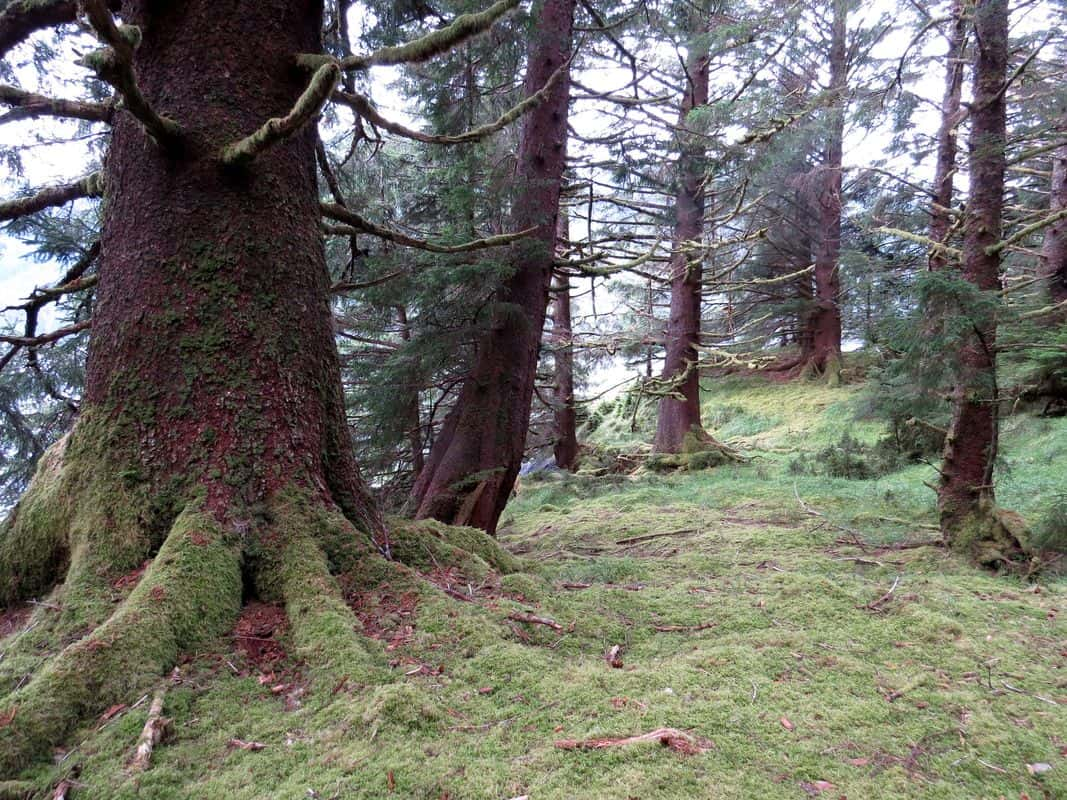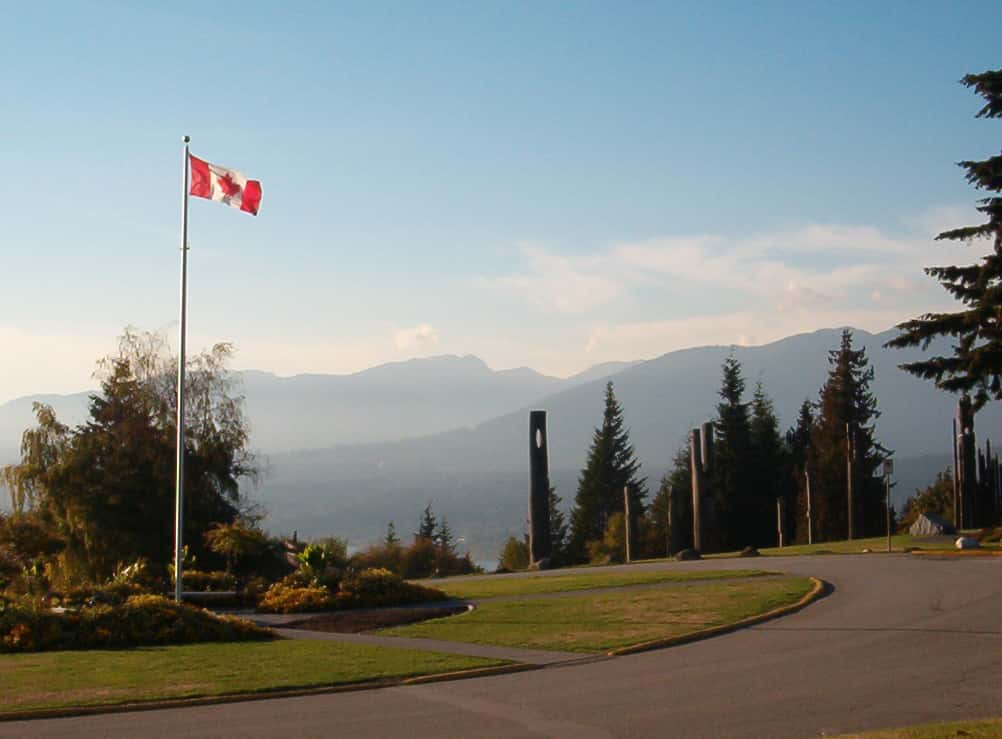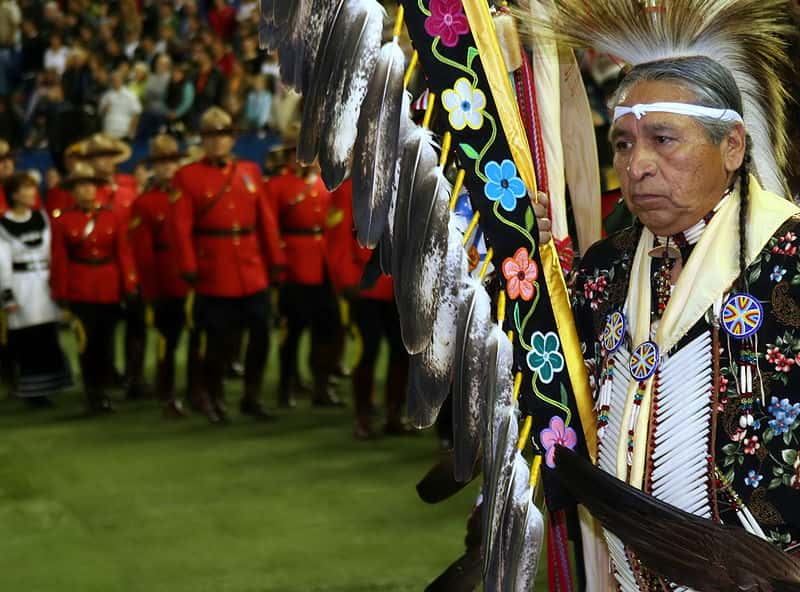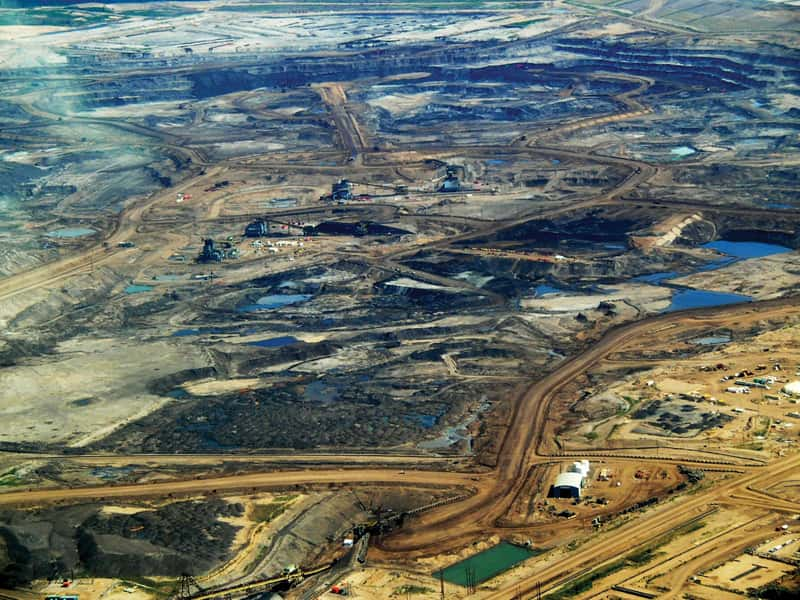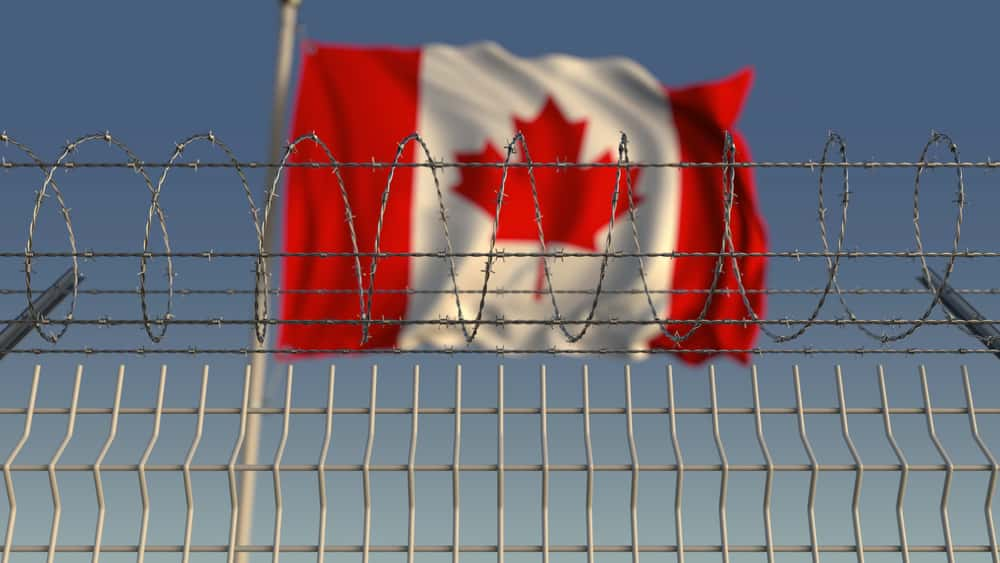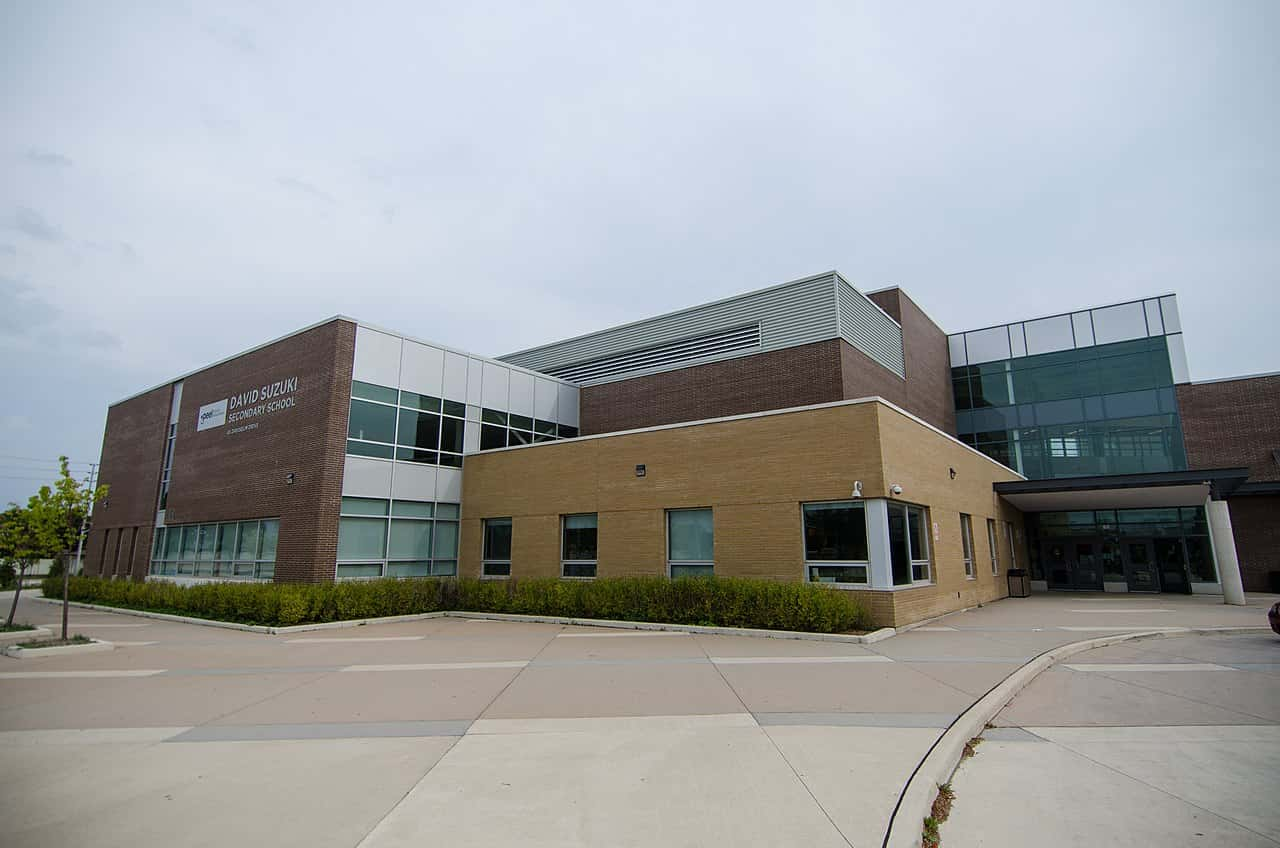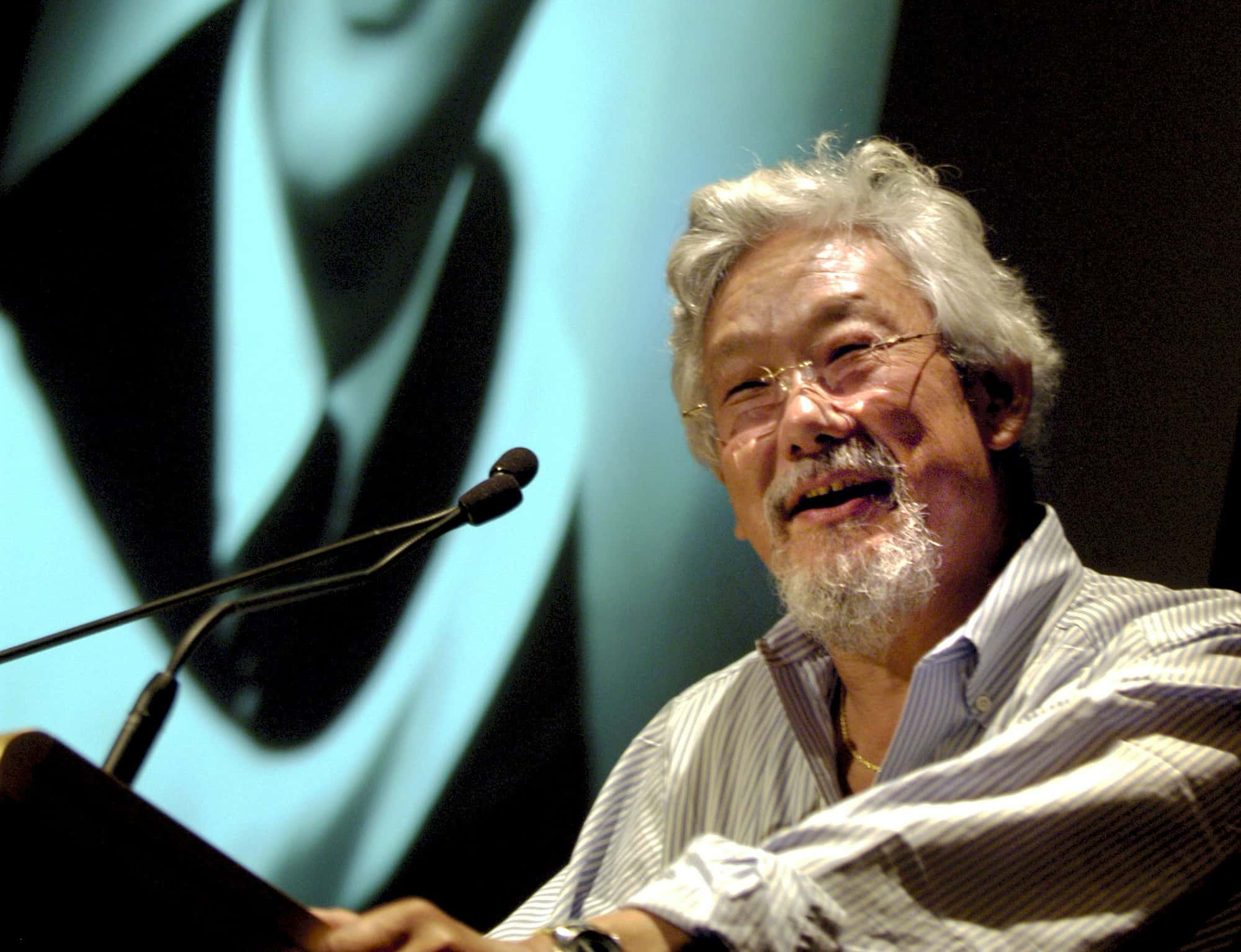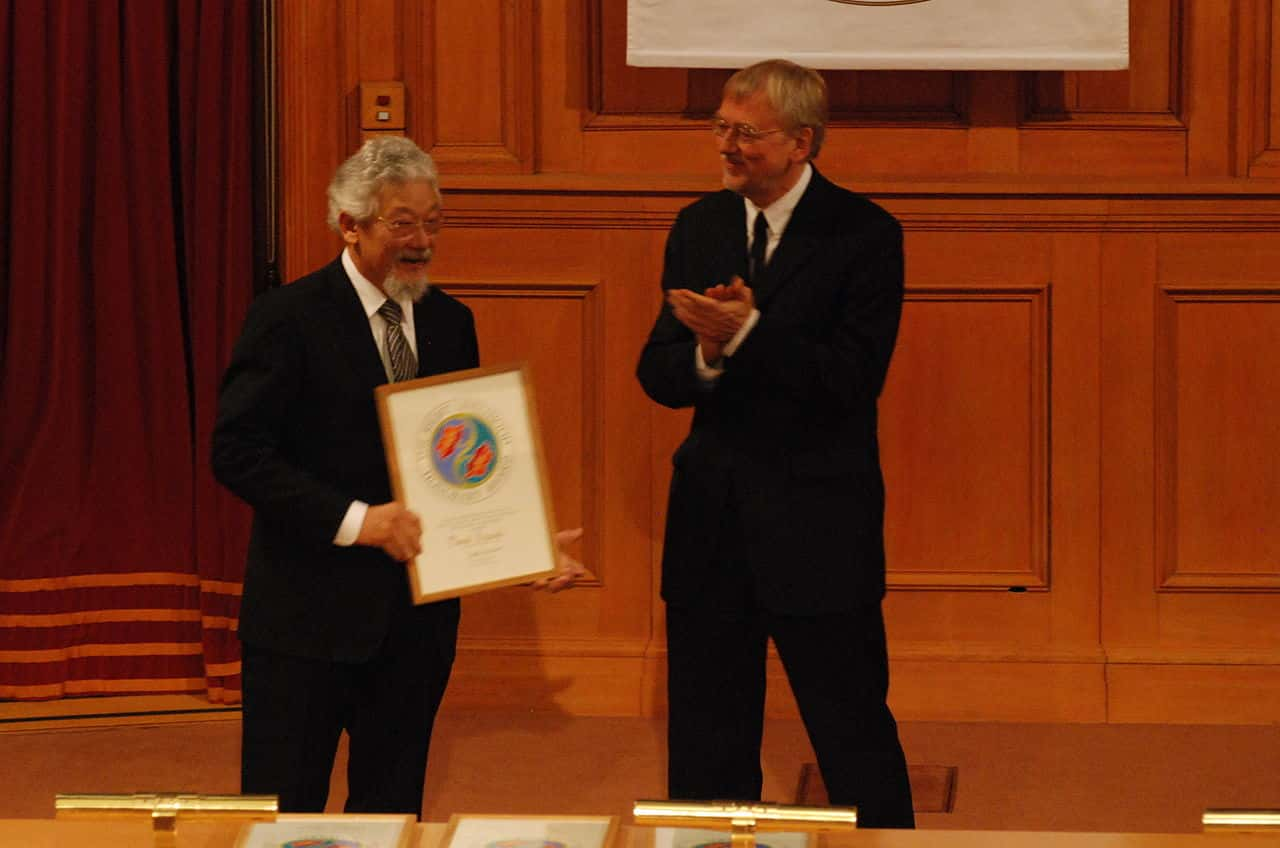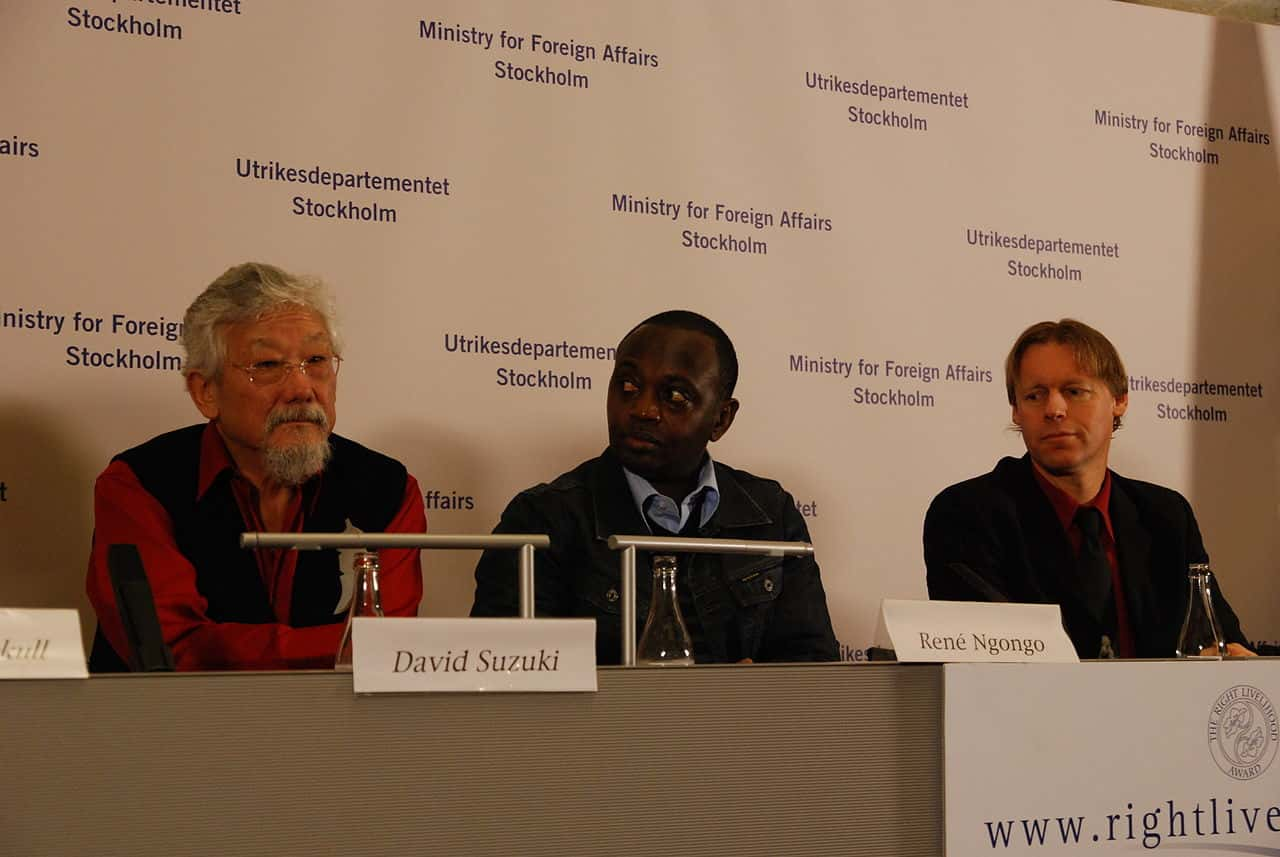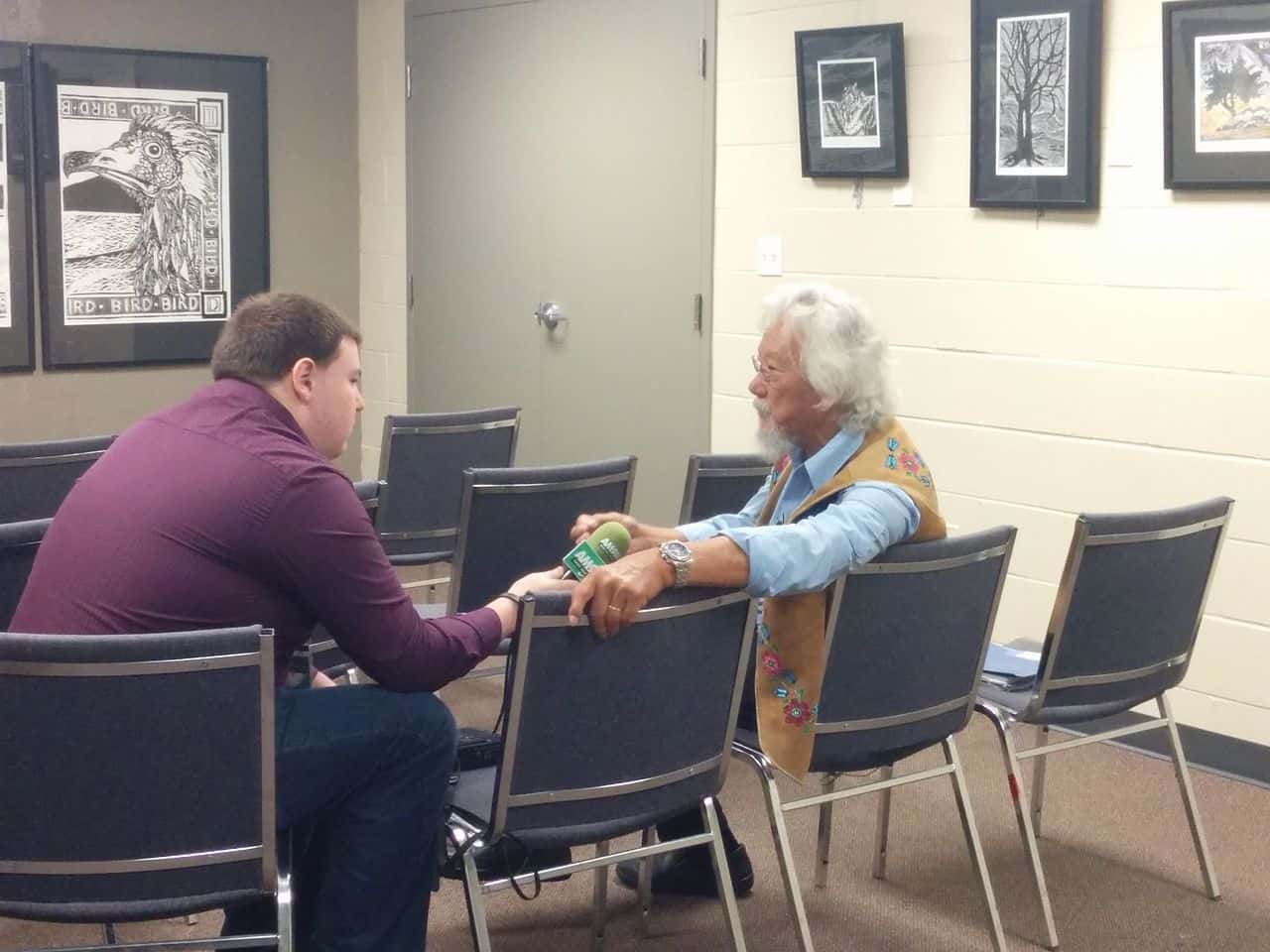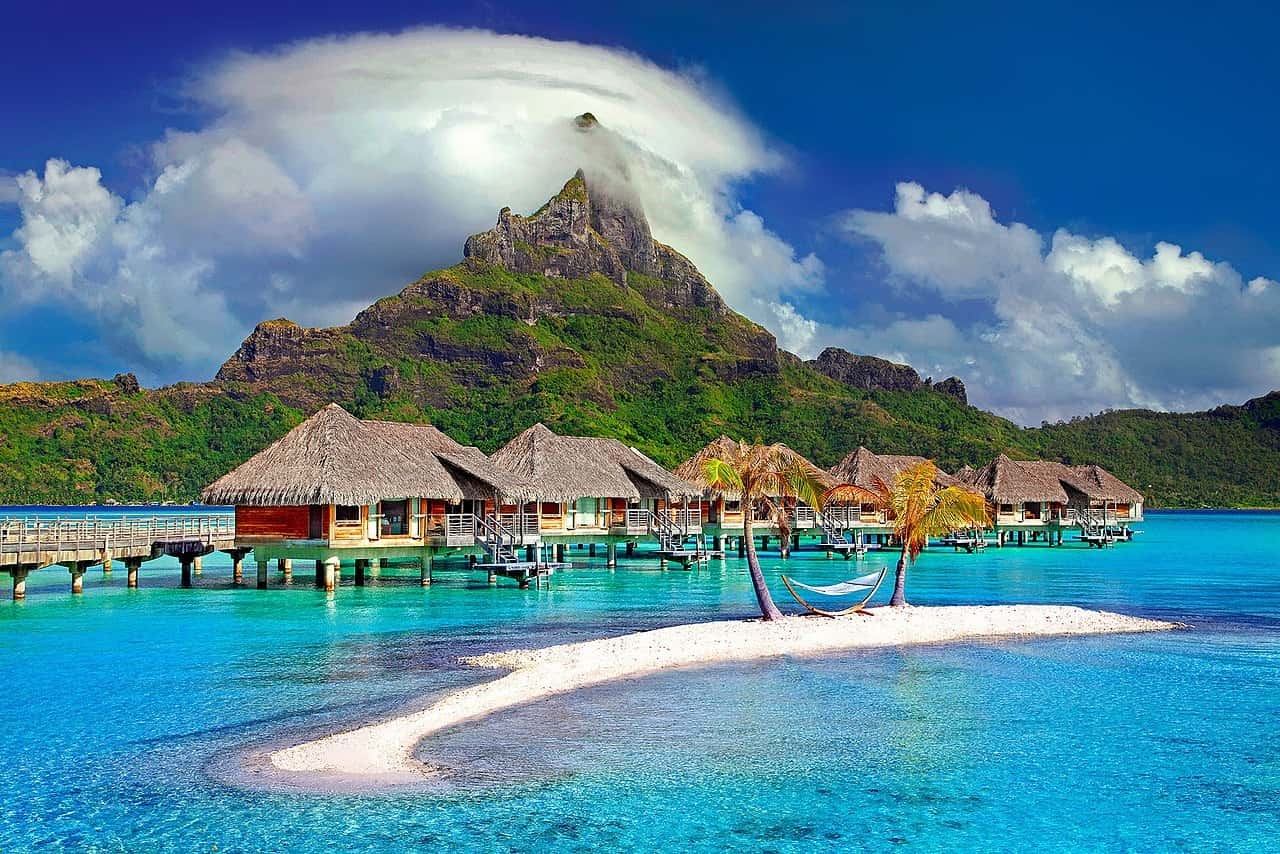Long before Greta Thunberg made headlines speaking out about the environment, Canadian academic David Suzuki was exploring the world and warning society about the dangers of pollution, climate change, and the importance of preserving nature. His long and remarkable life has led him on countless journeys around the world, and he has never halted his campaign to raise awareness of the risks affecting our planet. Here are 50 noble facts about the acclaimed activist and science broadcaster.
1. So it Begins
David Takayoshi Suzuki was born on March 24, 1936 in the Canadian city of Vancouver. He was the only boy in a family of four kids, which included his twin sister, Marcia. Suzuki and his siblings were “Canadian Sansei,” a term which applies to third-generation Canadians born to Japanese immigrants.
2. The Lean Years
When David Suzuki was born, Canada was dealing with the Great Depression, a worldwide crisis which resulted in mass unemployment and shattered economies. During that time, Suzuki learned the hard way how to live frugally and never spend beyond his means. He remembered this lesson for the rest of his life.
3. The Bad Old Days, Part I
You might think that David Suzuki was too young for WWII to have affected him, but this sadly couldn’t be further from the truth. Prejudiced policies approved by his own government indelibly marred Suzuki's childhood. In 1941, Japan entered WWII as a German ally, which triggered a backlash by the Canadian government. Beginning in 1942, the government evacuated Japanese Canadians in British Columbia from their homes and placed them in internment camps for dubious reasons of “national security.”
4. The Bad Old Days, Part II
Suzuki’s family was no exception to these horrific policies. The government ripped his father’s dry-cleaning business out from under him and sold it in June 1942. They gave Suzuki’s family 0% of what they made. Two months before that, Suzuki’s father volunteered as a laborer to avoid being called a traitor. Sadly, his efforts at patriotism—and protecting his family from repercussions—were unsuccessful.
5. The Bad Old Days, Part III
Despite their status as Canadian citizens, the government placed Suzuki and the rest of his family in an internment camp with thousands of other Japanese Canadians in Slocan, British Columbia. There, Suzuki’s family lived in a “dirty, run-down old hotel” where they shared just a single room. It was in these filthy conditions that Suzuki’s younger sister, Dawn, was born.
6. The Bad Old Days, Part IV
Suzuki himself reflected on his past internment in his autobiography. On the one hand, the natural beauty of the Slocan Valley entranced him, even calling it a “paradise.” However, he faced a lot of hardship. Even his fellow Japanese Canadians targeted him. When he attended a makeshift school in the camp, his classmates bullied him for not being able to speak Japanese!
7. The Bad Old Days, Part V
Even after WWII was over, things didn’t get easier for Japanese Canadians like Suzuki. Not only had they lost all their former property and possessions, but the government also forbid them from returning to their homes in British Columbia. This forced Suzuki’s family, like so many others, to move east of the Rocky Mountains if they didn’t want the authorities to deport them back to Japan.
Suzuki’s family went to Ontario, where they lived for a time in Etobicoke, Leamington, and then London.
8. Starting Young
David Suzuki first began working when he was just 11 years old, picking berries on a farm. Keep in mind that this was during the late 1940s and child labor laws were less sophisticated at the time. Luckily, Suzuki was able to stay in school and complete his education at the same time that he worked.
9. Knowledge is Power, Part I
After graduating from London Central Secondary School, Suzuki left Canada to pursue his postsecondary studies in the United States. He earned a Bachelor of Arts degree in biology from Massachusetts’ Amherst College in 1958, and a Doctor of Philosophy degree in zoology from the University of Chicago in 1961.

History's most fascinating stories and darkest secrets, delivered to your inbox daily.
10. Knowledge is Power, Part II
Despite going south for his postsecondary education, however, Suzuki returned to Canada as soon as he was finished. From 1962 until 1963, he worked as an assistant professor at the University of Alberta before joining the University of British Columbia’s genetics department as a full professor. He retained that latter status for nearly 40 years until his retirement in 2001.
11. Into the Wild
Later in life, Suzuki revealed the dark truth about his education in Ontario. He said that he was often the subject of bullying and discrimination because of his background. This only increased his “intense” loneliness, but exploring nature soothed him. As Suzuki later explained, “My main solace was a large swamp a ten-minute bike ride from our house. Any marsh or wetland is a magical place, filled with mystery and an incredible variety of plant and animal life.”
12. Overcoming the Obstacles
However, it wasn’t all bad news for Suzuki during school. His love for nature led him to befriend a small group of “nerds” amongst his classmates. Additionally, Suzuki was also able to win people over to the point that they elected him school president during Grade 12! If you were looking for a silver lining to Suzuki’s childhood, we found some for you!
13. Oh, the Ego
Speaking of genetics, David Suzuki focused his studies on fruit flies and paid close attention to dominant temperature-sensitive phenotypes. His reason to study these phenotypes is that they shared his own initials (DTS), meaning he’d be able to use his initials if he discovered any new genes! As he later joked, going any other route meant he’d have to grow “tough skin.”
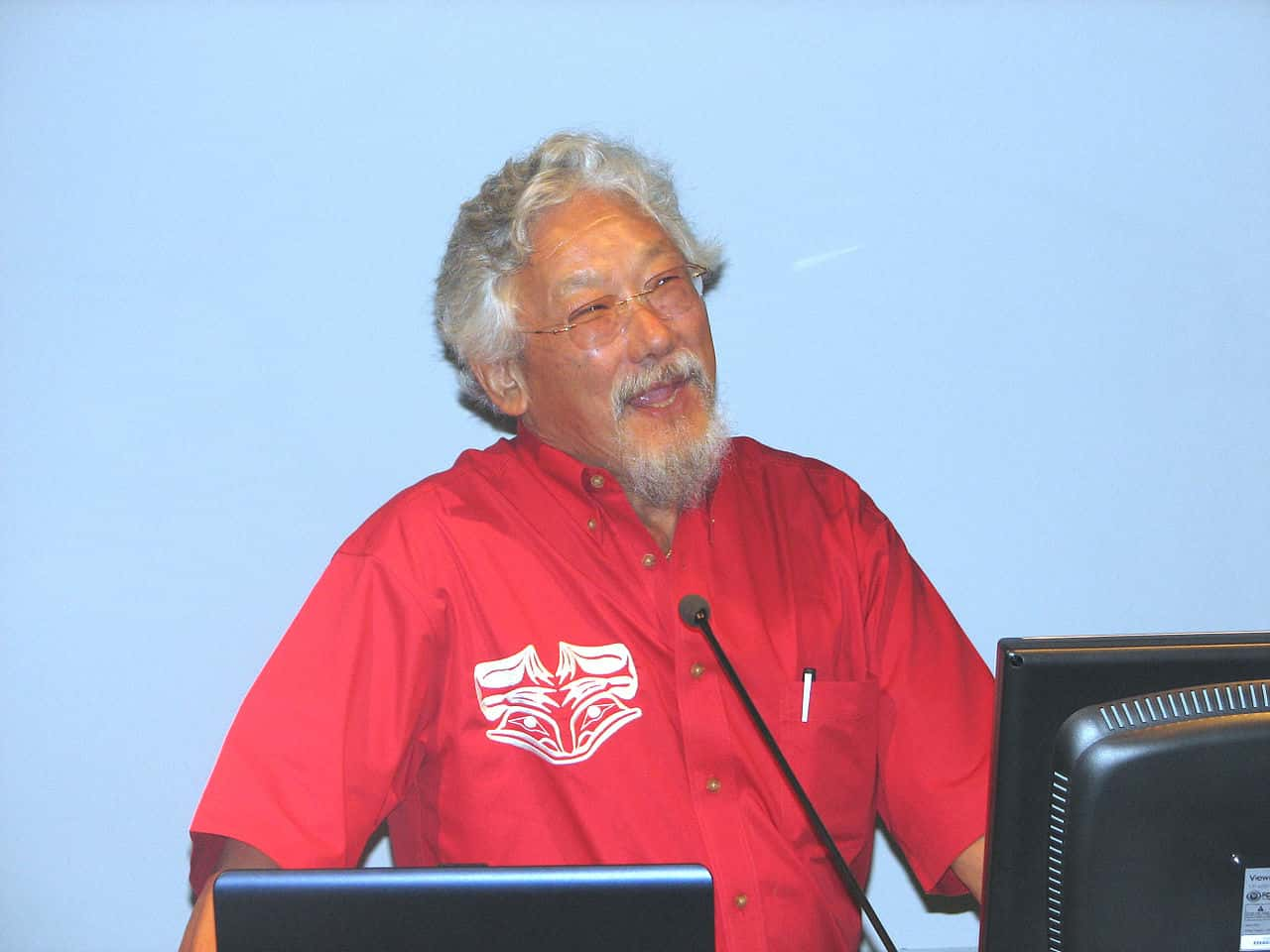 Wikimedia Commons, Stephen Michael Barnett
Wikimedia Commons, Stephen Michael Barnett
14. Early Accolades
Even when he was starting out as an academic in his own right, Suzuki was quickly recognized for his knowledge, insight, and dedication. During his early years as a professor at the University of British Columbia, Suzuki won the 1969 Steacie Memorial Fellowship, which acknowledged his accomplishments as a young Canadian scientist. But his recognition was just beginning…
15. TV Debut, Part I
Suzuki’s first appearance on television was with the Canadian Broadcasting Corporation—and it would become a fruitful partnership. In 1971, Suzuki began to host a children’s show that was actually named for him! Suzuki on Science explored science topics on a half-hour format. Suzuki wasn’t even 40 years old when he basically got Bill Nye’s job before Bill Nye even showed up.
Not bad for a man who never owned a television while growing up!
 Suzuki on Science (1971-1972), CBC
Suzuki on Science (1971-1972), CBC
16. TV Debut, Part II
Unfortunately, David Suzuki didn’t quite become the 1970s version of Bill Nye. He quit Suzuki on Science after just a single season. Suzuki was frustrated by the low budget his show got, as well as the fact that his show was on a Sunday afternoon and Monday evening time slot! What kid is watching science shows at 10 pm on a Monday? Yeah, we can’t fault him for walking away.
17. Listen to My Voice
Despite his abrupt departure from Suzuki on Science, Suzuki maintained his relationships with the Canadian Broadcasting Corporation (or CBC, as we’ll call them from now on). He went from TV to radio, hosting the science news program titled Quirks & Quarks. His hosting duties involved interviewing scientists or answering questions sent to the station.
18. Look What it’s Become!
It’s worth pointing out that Quirks & Quarks became one of the most successful radio programs in Canadian history, drawing more than 800,000 listeners each airing. On top of that, the show continues to this day, as of March 2020. Sadly, Suzuki’s time with Quirks & Quarks was limited to just four years, but there’s no denying that he helped lay the groundworks for that show’s success.
19. Scars on Your Soul
For all his own success in life, David Suzuki was plagued by past trauma. The mistreatment and prejudice he’d experienced in his early years stuck with him. He once admitted that when he’d heard of a surgical operation to widen the eyes of Asian peoples, he was sorely tempted to undergo it. Writing about it in his autobiography, he reflected “Self-hate was the most terrible cost of the war years for me.”
20. We Shall Overcome
Suzuki’s causes haven’t always been environmental. During the 1950s, Suzuki was fresh out of the University of Chicago when he took a post-doc position in Tennessee. While he lived there, he bore witness to the systematic prejudice aimed at black people, especially since the South was still segregated in those days. Ironically, Suzuki’s Asian background meant that he wasn’t subjected to the segregation’s worst offences, but this didn’t influence his feelings at all.
This naked display of prejudice, after what he’d gone through in his own life, so outraged Suzuki that he promptly joined the civil rights organization known as the National Association for the Advancement of Colored People (NAACP). He became the NAACP’s first non-black member.
21. My First Marriage
In 1958, Suzuki married Joane Sunehara, his high school sweetheart. As they’ve joked, she was one of the few Japanese Canadians in all of London that he wasn’t related to. The couple had three children together, but his research and lab work was incredibly time-consuming—and it took a heartbreaking toll. His seven-day work weeks negatively affected the relationship, and they split up in 1965.
22. The Canadian David Attenborough, Part I
David Suzuki greatly enjoyed his work with Quirks & Quarks, which allowed him more creative freedom on radio than he’d enjoyed on television. However, he did understand the advantages of television over radio, so he left Quirks & Quarks, though not without reluctance. Why did he quit that program, you might be asking? It was to join the show for which he’s most often associated in his life.
23. The Canadian David Attenborough, Part II
The Nature of Things is a CBC television program that debuted in 1960. It explores all sorts of topics related to science, with a special focus on the environment and natural world. Suzuki began hosting the show in 1979…and continues to host it as of March 2020! The Nature of Things continues to be one of the longest-running and most successful programs ever released by the CBC.
At its peak, The Nature of Things was being watched by a whopping 20% of the entire Canadian population! It has also been viewed by people in 13 different countries around the world.
24. Important Subject
Suzuki’s The Nature of Things has been a ground-breaking television series. Notably, one episode dealt with the AIDS crisis even as the disease was first breaking out. It was one of the first primetime documentaries which directly addressed the crisis, in a time when people who contracted the disease were ostracized and vilified.
25. Named for Yours Truly
In 1991, David Suzuki was encouraged by his second wife, Tara, to provide solutions to the problems that he was constantly talking about on television. As a result, Suzuki founded the David Suzuki Foundation in Vancouver that year. This non-profit foundation provides tips to people on how to be more environmentally friendly with small changes in their lifestyles.
In keeping with Suzuki’s views, his foundation is funded by individual donors (numbering more than 30,000 by now) rather than corporations.
26. Bow to Your Predecessors
Suzuki hasn’t been shy about naming his inspirations and his heroes. One of these is none other than Nelson Mandela, the anti-apartheid activist who was imprisoned for 27 years before becoming the first black South African head of state. His other main hero is Rachel Carson, an American marine biologist. Specifically, Suzuki credited her novel Silent Spring as an inspiration.
Silent Spring took the world by storm in 1962 when Carson raised awareness of the dangers of pesticide use on the environment. Suzuki also credited the novel with bringing “scientists’ work in a controlled lab environment out into the real world.”
27. Second and Last Time
In 1973, Suzuki tied the knot with Tara Elizabeth Cullis. Suzuki once commented that his most significant achievement was convincing Tara to marry him. They are still married and they’ve spent 40 years living in the same home. Suzuki fondly refers to it as their “dream house.” The couple also have two daughters, Severn and Sarika.
28. Greta Thunberg’s Predecessor
Speaking of Suzuki’s children, Seven Cullis-Suzuki has gone a long way following in her father’s footsteps. When she was just nine years old, Cullis-Suzuki co-founded the Environmental Children’s Organization. She was only 12 when she attended the 1992 Earth Summit in Rio de Janeiro. She continues to be an environmental activist, as well as a member of the Earth Charter International Council.
29. Let’s Go on a Trip!
We would be remiss to leave out another one of Suzuki’s children. In 2008, Suzuki joined forces with his youngest child, Sarika, to produce a short series titled The Suzuki Diaries. In the series, father and daughter traveled across Canada and the rest of the world to study various sustainability issues between humans and nature.
30. The Things I Do for Science!
David Suzuki suffers from claustrophobia—and for one The Nature of Things episode, he had to come face to face with this chilling fear. He’s gone on record stating that the scariest shoot he ever did was the episode where he went into a South Africa gold mine. It took a lot of courage for him to go more than two miles underground and be filmed in such a small cramped space.
31. Thanks, Dad!
Suzuki once wrote that his earliest memory was buying a tent with his father at the age of four. Suzuki has frequently credited his love for nature to his father for frequently taking him on hikes and camping trips. From a childhood like that, Suzuki claimed, a career studying biology seemed like a perfectly organic progression.
Of course, his father wasn’t above criticizing his son. Suzuki’s father only ever achieved a high school diploma during his life, and when he watched his son on television, specifically The Nature of Things, he’d sometimes be confused by what Suzuki was talking about. Suzuki made use of his father’s feedback to make the shows more accessible to general audiences and helping them learn more easily.
32. Praise Him with Great Praise!
David Suzuki has been the recipient of many honors throughout his life. As early as 1976, when he was still hosting Quirks & Quarks, Suzuki was named to the prestigious Order of Canada. Additionally, more than two dozen universities across the globe (including York University, Whitman College, and Flinders University) have bestowed honorary degrees upon Suzuki.
33. The Underdogs
According to David Suzuki himself, his environmentalist ideals really took shape during the early 1980s. At the time, industry was carrying out clear-cut logging on the Haida Gwaii archipegalo in British Columbia. Environmentalists were furious, and Suzuki joined in the demonstrations to put a stop to the devastating practice.
As he later reflected, “It was a totally unequal battle. The important things that forests do—like providing air—weren’t included in the economic equation.”
34. You Don’t Scare Me!
Throughout his time on television, Suzuki hasn’t shied away from controversial statements. Several episodes of The Nature of Things dealt with the use of animals in experiments, nuclear power, and the practice of clear-cut logging. Even when powerful sponsors like the CIBC, a bank, threatened to pull its ads from The Nature of Things, Suzuki never flinched.
35. The Apple Didn’t Fall Far
In 2014, authorities detained Suzuki’s grandson, Tamo Campos, he was protesting a pipeline project’s development on Burnaby Mountain, close to Vancouver. This isn’t the first time that Tamo has followed in his famous grandfather’s footsteps. He’d previously founded the group called Beyond Boarding, which “combines a love for the outdoors with a dedication to community.”
36. Move Over, Kevin Costner
Suzuki has very close ties to the First Nations people of Canada. Two different tribes have symbolically adopted him in recognition of his support for First Nations causes and the environment. Over the years, they have bestowed Suzuki with honorary names which, translated to English, mean “Big Mountain,” “Man Who Knows Much,” “My Own,” “Sacred Mountain,” “Mountain Man,” and “Eagle Child.”
37. Ever the Fighter
Many of Suzuki’s critics and opponents have accused him of manufacturing his outward persona for propaganda purposes. Those who know Suzuki personally refute this claim. One of his former colleagues at the University of Alberta recalled a time when they accompanied Suzuki on a canoe trip to the far north of Alberta. While there, Suzuki made an additional journey to meet with several First Nations chiefs.
They took Suzuki to see firsthand the effects of the oil sands upon the environment. The experience left Suzuki “incensed” and “very angry,” determined “to stop this thing.”
38. Called It!
In 2013, Australian journalist Tony Jones was interviewing David Suzuki when the environmentalist came under fire for controversial comments. During the fiery interview, Suzuki accused the Canadian government of devoting a significant amount of money to building prisons. The crime rate had been going down for years prior.
There was a great deal of environmental activism happening at the time. Suzuki then suggested that the government would used the prisons to contain protestors and activists. The government immediately denied Suzuki’s claims, even though in 2011, they really had planned a “$2-billion federal prison-building boom.” Whoops…
39. Who Needs a Statue When You Have This?
In a fitting tribute to a professor and scientist, two schools in Ontario bear Suzuki's name. One of them is the Dr. Suzuki Public School in the city of Windsor. In further tribute to Suzuki’s environmental values, the school has green energy technology, including solar panels.
40. Is That Just a Canada Thing?
David Suzuki is related to two different Canadian hockey players. Nick Suzuki—whose grandfather is a cousin to Suzuki—currently plays for the Montreal Canadiens as a forward player. Nick’s younger brother, Ryan, is also a forward. He made a name for himself in the junior leagues before the Carolina Hurricanes drafted him in 2019. Here’s hoping they get their cousin free tickets!
41. The Pen is Mightier Than the Sword
Aside from his work on television or on radio, Suzuki is a highly prolific author. As of 2020, he has written 52 books during his lifetime, with 19 of them being children’s books. This also includes David Suzuki: The Autobiography, which was a bestseller. It spent 15 weeks in the Canadian top ten bestsellers’ list for nonfiction books—and it was at #1 for four of those weeks.
42. On Page and Screen
Another one of Suzuki’s more successful books is The Sacred Balance, a nonfiction exploration of humanity’s impact upon the planet, as well as themselves. The book was first released in 1997 and has gone through two editions since then. Later, a Canadian production company adapted The Sacred Balance into a five-hour miniseries in 2002.
 The Sacred Balance, Kensington Communications
The Sacred Balance, Kensington Communications
43. That Backfired…
Suzuki’s biggest regret about his television work is that it drew a lot of attention to him, rather than the issues he was trying to bring to the forefront all those years. After years of the public approaching him, Suzuki worried that his efforts failed. Although he “never made any pretense of being Mr. Know-it-all,” people choose to praise or refute him instead of taking his messages to heart.
44. Upper Echelon
In 2004, the CBC produced a special program titled The Greatest Canadian. Canadians across the country voted on who they thought the greatest Canadian, living or dead. They ranked Suzuki fifth overall. For what it’s worth, he was the highest-ranking living Canadian on the list. He later admitted that he voted for the eventual winner, Tommy Douglas, father of Canada’s medicare system.
45. Good Old Gramps
As of 2020, Suzuki has six grandchildren. He himself had a strained relationship with his own grandparents, blocked by the language barrier between them. In contrast, he’s said that being a grandfather is one of his greatest joys in life.
46. Starring Me
In 2010, the documentary Force of Nature: The David Suzuki Movie was first released. Directed and produced by Sturla Gunnarsson, the documentary profiled Suzuki’s life. Force of Nature won the Best Documentary award at Cinefest Sudbury International Film Festival, as well as the People’s Choice Award for Documentaries at the Toronto International Film Festival.
 Force of Nature: The David Suzuki Movie (2010), National Film Board of Canada
Force of Nature: The David Suzuki Movie (2010), National Film Board of Canada
47. Always Missed, Never Forgotten
In 1984, Suzuki suffered a heartbreaking loss. His mother, Setsu Nakamura, tragically passed on due to complications from Alzheimer’s Disease. Sadly, the disease also claimed the lives of three of her siblings. Following these tragedies, Suzuki paid tribute to his relatives in an episode of The Nature of Things titled “Untangling Alzheimers,” which shed light on this debilitating condition.
Additionally, Suzuki took his mother’s ashes and laid them to rest on the clematis vine in his garden. From then on, he felt her presence whenever the vine bloomed anew.
48. Doing My Part
Throughout his life, Suzuki has worked hard to reduce his carbon footprint in everyday life. His household has reportedly brought down their garbage output to just a single green bag per month! However, Suzuki refuses to give himself too much credit, as he frequently has to travel by air as part of his work. In more recent years, Suzuki has done his best to offset all the carbon pollution he’s contributed in his lifetime. This includes giving speeches and lectures via webcam rather than appearing in person.
49. Where Did We Go Wrong?
David Suzuki has spent his life advancing science, but he's also been critical of the environmental movement. In recent years, Suzuki has frequently pointed out that environmentalism failed to produce the real change necessary to combat climate change. Part of the problem was the triumph of corporate interests over any environmental accomplishments, but also the attitude that environmentalism causes financial problems for people.
In an interview, Suzuki once lamented, “Are we going to go on fighting the same battles every generation? The problem is we haven’t shifted the way that we see the world.”
50. With Those You Love
In 2018, Suzuki sat down with the Globe & Mail and was asked to describe the happiest time of his life. Suzuki described winning an environmental award from Monaco. Normally, Suzuki would donate the award directly to his foundation, but this time, he made an exception. Suzuki treated his family and took them on a two-week vacation to French Polynesia, which he described as: “two of the happiest weeks of my life.”
Sources: 1, 2, 3, 4, 5, 6, 7, 8, 9, 10, 11, 12, 13, 14, 15, 16, 17, 18, 19, 20, 21


